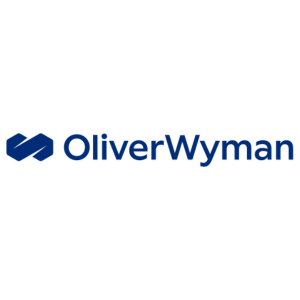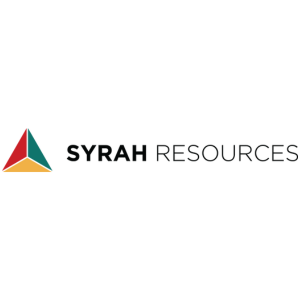2026 Agenda
There are no sessions that match your request
Speaker
Explore strategies to align long-term mine planning with fast-moving tech lifecycles. How can lifecycle mapping, workforce upskilling, and smart vendor partnerships future-proof operations and unlock value today, but account for evolving technology in the medium to long-term?
Nubian Pyramids Stage (CTICC2 - Ground Floor - Exhibition Hall) Africa/JohannesburgExplore strategies to align long-term mine planning with fast-moving tech lifecycles. How can lifecycle mapping, workforce upskilling, and smart vendor partnerships future-proof operations and unlock value today, but account for evolving technology in the medium to long-term?
Speakers
Sibongile Ntsoelengoe
Executive Cluster Manager, Mining
Council for Scientific & Industrial Research (CSIR)
Moderator
Driver profiling technologies are reshaping workforce training in mining by enabling personalised, data- driven approaches to skill development and safety. Through tools such as accident simulation, real-time behavioural analytics, and performance benchmarking, learn how operators can receive training that reflects their unique driving patterns, risk profiles, and learning needs.
Nubian Pyramids Stage (CTICC2 - Ground Floor - Exhibition Hall) Africa/JohannesburgDriver profiling technologies are reshaping workforce training in mining by enabling personalised, data- driven approaches to skill development and safety. Through tools such as accident simulation, real-time behavioural analytics, and performance benchmarking, learn how operators can receive training that reflects their unique driving patterns, risk profiles, and learning needs.
Speakers
Hartmut Brodner
Head of Mining Technical Solutuions
Council for Scientific & Industrial Research (CSIR)
Moderator
Can mines go zero-waste and zero-emission – while scaling up production? This session explores how cutting-edge technologies are making it possible. The question is – can technology help mines deliver on first-world ESG requirements in Africa?
Nubian Pyramids Stage (CTICC2 - Ground Floor - Exhibition Hall) Africa/JohannesburgCan mines go zero-waste and zero-emission – while scaling up production? This session explores how cutting-edge technologies are making it possible. The question is – can technology help mines deliver on first-world ESG requirements in Africa?
Speakers
Moderator
Keynote by a leading expert in the field presenting their annual commodity outlook report exclusively at Mining Indaba. Explore short and long-term forecasts for commodity markets.
River Nile Stage (CTICC1 - Ground Floor - Investment Village) Africa/JohannesburgKeynote by a leading expert in the field presenting their annual commodity outlook report exclusively at Mining Indaba. Explore short and long-term forecasts for commodity markets.
Speaker
More information coming soon
Table Mountain Stage (CTICC1 - Ground Floor - Exhibition Hall) Africa/JohannesburgMore information coming soon
As capital markets tighten and risk aversion grows, traditional mining finance is evolving - with public-private partnerships (PPPs), development finance institutions (DFIs), and blended finance emerging as vital de-risking tools. This panel explores how these collaborations are transforming.
River Nile Stage (CTICC1 - Ground Floor - Investment Village) Africa/JohannesburgAs capital markets tighten and risk aversion grows, traditional mining finance is evolving - with public-private partnerships (PPPs), development finance institutions (DFIs), and blended finance emerging as vital de-risking tools. This panel explores how these collaborations are transforming.
Speakers
Moderator
South Africa’s logistics network faces severe strain. Addressing the estimated R65 billion investment gap requires collaboration beyond the state, and Private Sector Participation is emerging as a critical solution. This discussion brings together miners, financiers, policymakers, and technical experts to explore how coordinated action can secure the competitiveness of South Africa’s logistics backbone.
Speaker
Moderator
Join industry leaders for a focused conversation on the evolving dynamics shaping the copper markets. This session will unpack key macroeconomic drivers, price outlooks and what to watch in 2026 and beyond.
River Nile Stage (CTICC1 - Ground Floor - Investment Village) Africa/JohannesburgJoin industry leaders for a focused conversation on the evolving dynamics shaping the copper markets. This session will unpack key macroeconomic drivers, price outlooks and what to watch in 2026 and beyond.
Speakers
As mining operations evolve, so too must the systems that safeguard them. This panel explores how leading mining houses are replacing outdated, paper-based compliance processes with agile, cloud-based platforms that deliver real-time visibility across multiple sites. Discover how tools like HSEC Online® are transforming safety and compliance from a tick-box exercise into a strategic, data-driven function – reducing duplication, streamlining administration, and empowering teams to make faster, smarter decisions.
Nubian Pyramids Stage (CTICC2 - Ground Floor - Exhibition Hall) Africa/JohannesburgAs mining operations evolve, so too must the systems that safeguard them. This panel explores how leading mining houses are replacing outdated, paper-based compliance processes with agile, cloud-based platforms that deliver real-time visibility across multiple sites. Discover how tools like HSEC Online® are transforming safety and compliance from a tick-box exercise into a strategic, data-driven function – reducing duplication, streamlining administration, and empowering teams to make faster, smarter decisions.
Speakers
Moderator
Speaker
This session will seek to identify and brainstorm actionable policy and regulatory frameworks that better enable African governments to leverage their mineral wealth – shifting from traditional commodity extraction to a more diversified, complex economic model. It will explore how African countries can move beyond simple resource extraction to build economic complexity through industrialization, technological innovation and advanced manufacturing.
Speakers
Moderator
Mining’s most influential CEOs take the stage to share bold business strategies. These sessions offer a candid look at leadership decisions shaping the future, and progress, of mining.
Table Mountain Stage (CTICC1 - Ground Floor - Exhibition Hall) Africa/JohannesburgMining’s most influential CEOs take the stage to share bold business strategies. These sessions offer a candid look at leadership decisions shaping the future, and progress, of mining.
Speaker
Businesses are increasingly prioritising responsible and traceable raw material supply chains. This session delves into the challenges and opportunities that global and local actors face with emerging due diligence regulations and requirements such as digital traceability systems. Drawing on insights from recent GIZ publications, speakers from politics, industry and civil society will explore how international collaboration can better align global frameworks with the realities faced by producing countries in the raw materials sector.
This Industry Intel Session will spotlight the World Bank Group’s minerals and metals approach and its holistic, multisectoral support to Africa’s mining and energy transition priorities. The discussion will explore how Africa’s mineral endowment can be transformed into broad-based and lasting development through responsible exploration and production, improved governance, investment in critical infrastructure, value addition, skills development, and meaningful private-sector engagement.
Through a high-level dialogue between government representatives, industry leaders, investors, and the World Bank Group, the session will examine practical pathways to collaboration and delivery. Panelists will discuss what success looks like from their perspectives, where support is most needed, and how public and private actors can jointly shape competitive, resilient, and inclusive mineral value chains across the continent.
The session will feature a forward-looking conversation informed by real implementation experience, case examples, and market developments. It will help define priorities, highlight opportunities, and reinforce partnerships that position Africa as a leader in the global energy transition.
This Industry Intel Session will spotlight the World Bank Group’s minerals and metals approach and its holistic, multisectoral support to Africa’s mining and energy transition priorities. The discussion will explore how Africa’s mineral endowment can be transformed into broad-based and lasting development through responsible exploration and production, improved governance, investment in critical infrastructure, value addition, skills development, and meaningful private-sector engagement.
Through a high-level dialogue between government representatives, industry leaders, investors, and the World Bank Group, the session will examine practical pathways to collaboration and delivery. Panelists will discuss what success looks like from their perspectives, where support is most needed, and how public and private actors can jointly shape competitive, resilient, and inclusive mineral value chains across the continent.
The session will feature a forward-looking conversation informed by real implementation experience, case examples, and market developments. It will help define priorities, highlight opportunities, and reinforce partnerships that position Africa as a leader in the global energy transition.
With Trump administration policy now embracing a 'clean coal industry' approach, the global energy debate is shifting once more. For Africa, where coal is abundant and affordable energy source, does this mark a green light for coal investment? This panel will explore if coal investment can align with sustainability mandates of institutional investors and whether new coal developments can coexist with Just Energy Transition (JET) commitments.
River Nile Stage (CTICC1 - Ground Floor - Investment Village) Africa/JohannesburgWith Trump administration policy now embracing a 'clean coal industry' approach, the global energy debate is shifting once more. For Africa, where coal is abundant and affordable energy source, does this mark a green light for coal investment? This panel will explore if coal investment can align with sustainability mandates of institutional investors and whether new coal developments can coexist with Just Energy Transition (JET) commitments.
Speakers
Mining’s most influential CEOs take the stage to share bold business strategies. These sessions offer a candid look at leadership decisions shaping the future, and progress, of mining.
Table Mountain Stage (CTICC1 - Ground Floor - Exhibition Hall) Africa/JohannesburgMining’s most influential CEOs take the stage to share bold business strategies. These sessions offer a candid look at leadership decisions shaping the future, and progress, of mining.
Speaker
Mining’s most influential CEOs take the stage to share bold business strategies. These sessions offer a candid look at leadership decisions shaping the future, and progress, of mining.
Table Mountain Stage (CTICC1 - Ground Floor - Exhibition Hall) Africa/JohannesburgMining’s most influential CEOs take the stage to share bold business strategies. These sessions offer a candid look at leadership decisions shaping the future, and progress, of mining.
Unlocking Industrialisation through advanced manufacturing and critical minerals for Africa's future
This session will explore the strategic role of advanced manufacturing technologies and critical minerals in driving industrialisation across Africa. It will delve into how Africa can tap into its rich mineral resources to develop competitive manufacturing sectors, creating amore integrated and sustainable industrial base. Featuring insights from the WEF's recent thought leadership publications, the session will provide actionable strategies for African policymakers, industry leaders, and investors to transform these opportunities into tangible outcomes.
Ngorongoro Crater Stage (CTICC1 - Level 2) Africa/JohannesburgThis session will explore the strategic role of advanced manufacturing technologies and critical minerals in driving industrialisation across Africa. It will delve into how Africa can tap into its rich mineral resources to develop competitive manufacturing sectors, creating amore integrated and sustainable industrial base. Featuring insights from the WEF's recent thought leadership publications, the session will provide actionable strategies for African policymakers, industry leaders, and investors to transform these opportunities into tangible outcomes.
Speakers
Moderator
Mining’s most influential CEOs take the stage to share bold business strategies. These sessions offer a candid look at leadership decisions shaping the future, and progress, of mining.
Table Mountain Stage (CTICC1 - Ground Floor - Exhibition Hall) Africa/JohannesburgMining’s most influential CEOs take the stage to share bold business strategies. These sessions offer a candid look at leadership decisions shaping the future, and progress, of mining.
This session brings together market analysts, producers, and financiers to explore the drivers behind uranium’s bullish momentum. Gain insight into price outlooks, investment flows, and where the next wave of production will come from.
River Nile Stage (CTICC1 - Ground Floor - Investment Village) Africa/JohannesburgThis session brings together market analysts, producers, and financiers to explore the drivers behind uranium’s bullish momentum. Gain insight into price outlooks, investment flows, and where the next wave of production will come from.
Speaker
As mining enters a new era of digital transformation, it faces a critical question: why reinvent the wheel when adjacent industries have already paved the way? While mining companies may not directly partner with oil and gas operators, the technology providers often work across both sectors, serving as conduits for cross-industry innovation. Learn how these shared tech ecosystems could empower mining to leapfrog legacy systems, reduce implementation risk, and benefit from mature solutions already tested in high-pressure environments
Nubian Pyramids Stage (CTICC2 - Ground Floor - Exhibition Hall) Africa/JohannesburgAs mining enters a new era of digital transformation, it faces a critical question: why reinvent the wheel when adjacent industries have already paved the way? While mining companies may not directly partner with oil and gas operators, the technology providers often work across both sectors, serving as conduits for cross-industry innovation. Learn how these shared tech ecosystems could empower mining to leapfrog legacy systems, reduce implementation risk, and benefit from mature solutions already tested in high-pressure environments
Speakers
Moderator
Mining’s most influential CEOs take the stage to share bold business strategies. These sessions offer a candid look at leadership decisions shaping the future, and progress, of mining.
Table Mountain Stage (CTICC1 - Ground Floor - Exhibition Hall) Africa/JohannesburgMining’s most influential CEOs take the stage to share bold business strategies. These sessions offer a candid look at leadership decisions shaping the future, and progress, of mining.
Speaker
Mining’s most influential CEOs take the stage to share bold business strategies. These sessions offer a candid look at leadership decisions shaping the future, and progress, of mining.
Table Mountain Stage (CTICC1 - Ground Floor - Exhibition Hall) Africa/JohannesburgMining’s most influential CEOs take the stage to share bold business strategies. These sessions offer a candid look at leadership decisions shaping the future, and progress, of mining.
Speaker
From boardroom to frontline – how modern leaders are reshaping what safety really means in mining today.
Safety in mining is more than metrics and compliance – it’s about leadership, decisions and the human impact of managing risk. This session combines a Leadership Master Class with a real-world operational risk use case, showing how courageous, connected leadership can transform culture using safety as a catalyst for change.
Participants will explore examples for leading the human side of risk, coaching and empowering teams, and embedding accountability and care across operations. Through a practical example of high-potential risk containment, attendees will see how immediate interventions, field engagement, and leadership presence drive measurable results. Leave with actionable strategies to move beyond compliance to conviction, and lead safer, more resilient mining operations.
From boardroom to frontline – how modern leaders are reshaping what safety really means in mining today.
Safety in mining is more than metrics and compliance – it’s about leadership, decisions and the human impact of managing risk. This session combines a Leadership Master Class with a real-world operational risk use case, showing how courageous, connected leadership can transform culture using safety as a catalyst for change.
Participants will explore examples for leading the human side of risk, coaching and empowering teams, and embedding accountability and care across operations. Through a practical example of high-potential risk containment, attendees will see how immediate interventions, field engagement, and leadership presence drive measurable results. Leave with actionable strategies to move beyond compliance to conviction, and lead safer, more resilient mining operations.
Speakers
After Brussels, Lubumbashi and Paris, this unique experience arrives in Cape Town bringing a rare opportunity to Mining Indaba 2026, where participant are invited to learn with and from one another.
‘Cobalt’ is an interactive, participatory social experiment that blends fact and fiction to highlight the lived realities of mining and mining communities. Through role-playing, participants step into the shoes of diverse stakeholders—from community members and workers to company representatives and decision-makers—experiencing firsthand the tensions, challenges, and shared responsibilities that shape the mineral value chain.
At its heart, the experience shines a light on local dynamics and community experiences. It invites participants to build empathy, listen deeply, and engage in open dialogue about how mining impacts people and places. The session encourages collective reflection on what responsible practices can look like when all voices—especially those closest to mining sites—are heard and valued.
By broadening perspectives and fostering inclusive conversation, ‘Cobalt’ helps participants explore how genuine collaboration across communities, companies, and governments can drive meaningful change in the sector.
Step into this immersive space and be part of a shared journey toward more responsible mining! Okavango Delta Stage (CTICC2 - Level 1) Africa/Johannesburg
(Organised by the European Partnership for Responsible Minerals (EPRM) in close collaboration with the Collectif Cobalt.)
After Brussels, Lubumbashi and Paris, this unique experience arrives in Cape Town bringing a rare opportunity to Mining Indaba 2026, where participant are invited to learn with and from one another.
‘Cobalt’ is an interactive, participatory social experiment that blends fact and fiction to highlight the lived realities of mining and mining communities. Through role-playing, participants step into the shoes of diverse stakeholders—from community members and workers to company representatives and decision-makers—experiencing firsthand the tensions, challenges, and shared responsibilities that shape the mineral value chain.
At its heart, the experience shines a light on local dynamics and community experiences. It invites participants to build empathy, listen deeply, and engage in open dialogue about how mining impacts people and places. The session encourages collective reflection on what responsible practices can look like when all voices—especially those closest to mining sites—are heard and valued.
By broadening perspectives and fostering inclusive conversation, ‘Cobalt’ helps participants explore how genuine collaboration across communities, companies, and governments can drive meaningful change in the sector.
Step into this immersive space and be part of a shared journey toward more responsible mining!
Speakers
This session will explore how the automotive sector in Africa can drive economic growth by enhancing localization in manufacturing, supply chains, and component production. Hosted by the African Association of Automotive Manufacturers (AAAM) and the Automotive Industrial Transformation Fund (AITF), gain insights on the collaborative role between leading global automotive OEMs, components supplier companies, mining companies and governments and how automotive industrialisation can be actively shaped.
Ngorongoro Crater Stage (CTICC1 - Level 2) Africa/JohannesburgThis session will explore how the automotive sector in Africa can drive economic growth by enhancing localization in manufacturing, supply chains, and component production. Hosted by the African Association of Automotive Manufacturers (AAAM) and the Automotive Industrial Transformation Fund (AITF), gain insights on the collaborative role between leading global automotive OEMs, components supplier companies, mining companies and governments and how automotive industrialisation can be actively shaped.
Speakers
Moderator
Mining’s most influential CEOs take the stage to share bold business strategies. These sessions offer a candid look at leadership decisions shaping the future, and progress, of mining.
Table Mountain Stage (CTICC1 - Ground Floor - Exhibition Hall) Africa/JohannesburgMining’s most influential CEOs take the stage to share bold business strategies. These sessions offer a candid look at leadership decisions shaping the future, and progress, of mining.
Speaker
As the race for critical minerals intensifies, Africa is evolving from a supplier of raw materials into an emerging hub for processing and advanced manufacturing. This panel explores the next phase of value creation from midstream to downstream development. What makes a beneficiation project bankable in today’s climate, how are investors evaluating risk, and what role do co-investment structures, tax incentives, and strategic offtakes play.
River Nile Stage (CTICC1 - Ground Floor - Investment Village) Africa/JohannesburgAs the race for critical minerals intensifies, Africa is evolving from a supplier of raw materials into an emerging hub for processing and advanced manufacturing. This panel explores the next phase of value creation from midstream to downstream development. What makes a beneficiation project bankable in today’s climate, how are investors evaluating risk, and what role do co-investment structures, tax incentives, and strategic offtakes play.
Speakers
Dr. Solomane Kone
Director, Africa Natural Resources Management & Investment Center
African Development Bank Group (AfDB)
Valerie Levkov
Global Industry Director for Energy, Metals & Mining, and Sustainable Infrastructure
International Finance Corporation
Moderator
One of the biggest stumbling blocks in mining’s digital transformation isn’t the technology, it’s training the workforce to use the technology. As advanced technology systems become more prevalent, the need for robust training and cultural adaptation grows more urgent. This session explores how companies are tackling the skills gap head-on and also examines the next training frontier: agentic AI. Join this session to unpack how training, cultural transformation, and OEM-led innovation are converging to make mining smarter, safer, and more human-centred.
Nubian Pyramids Stage (CTICC2 - Ground Floor - Exhibition Hall) Africa/JohannesburgOne of the biggest stumbling blocks in mining’s digital transformation isn’t the technology, it’s training the workforce to use the technology. As advanced technology systems become more prevalent, the need for robust training and cultural adaptation grows more urgent. This session explores how companies are tackling the skills gap head-on and also examines the next training frontier: agentic AI. Join this session to unpack how training, cultural transformation, and OEM-led innovation are converging to make mining smarter, safer, and more human-centred.
Speakers
Moderator
Positioning Exxaro to be a diversified natural resources champion in Africa and beyond
Mining’s most influential CEOs take the stage to share bold business strategies. These sessions offer a candid look at leadership decisions shaping the future, and progress, of mining.
Positioning Exxaro to be a diversified natural resources champion in Africa and beyond
Mining’s most influential CEOs take the stage to share bold business strategies. These sessions offer a candid look at leadership decisions shaping the future, and progress, of mining.
Speaker
Mining’s most influential CEOs take the stage to share bold business strategies. These sessions offer a candid look at leadership decisions shaping the future, and progress, of mining.
Table Mountain Stage (CTICC1 - Ground Floor - Exhibition Hall) Africa/JohannesburgMining’s most influential CEOs take the stage to share bold business strategies. These sessions offer a candid look at leadership decisions shaping the future, and progress, of mining.
Speaker
This session will explore how both development and commercial financiers can better support Africa's industrialisation agenda by focusing on the challenges and opportunities in funding manufacturing projects. Emphasis will also be placed on leveraging local minerals, commodities, and metals to create competitive advantages for Africa’s manufacturing and industrialisation projects. Gain actionable solutions for development finance institutions, government, and private sector stakeholders to collaborate in deepening manufacturing value chains by using Africa’s natural resources as a strategic asset.
Ngorongoro Crater Stage (CTICC1 - Level 2) Africa/JohannesburgThis session will explore how both development and commercial financiers can better support Africa's industrialisation agenda by focusing on the challenges and opportunities in funding manufacturing projects. Emphasis will also be placed on leveraging local minerals, commodities, and metals to create competitive advantages for Africa’s manufacturing and industrialisation projects. Gain actionable solutions for development finance institutions, government, and private sector stakeholders to collaborate in deepening manufacturing value chains by using Africa’s natural resources as a strategic asset.
Speakers
Mining’s most influential CEOs take the stage to share bold business strategies. These sessions offer a candid look at leadership decisions shaping the future, and progress, of mining.
Table Mountain Stage (CTICC1 - Ground Floor - Exhibition Hall) Africa/JohannesburgMining’s most influential CEOs take the stage to share bold business strategies. These sessions offer a candid look at leadership decisions shaping the future, and progress, of mining.
Speaker
Across industries, companies have poured time and resources into climate risk assessments – often for the sake of compliance. The result?
- Growing frustration with ESG reporting that feels like bureaucracy, not progress.
- Assessments too high-level to guide real operational decisions.
- A narrow focus on site-level risks, while the biggest exposures often lie across the value chain, beyond direct control.
It’s time to shift the mindset – from checking boxes to reducing real risk. This session will explore how companies can turn climate risk assessments into pragmatic, data-driven tools that deliver measurable business value, not just reports.
Red Sea Stage (CTICC1 – Level 1) Africa/JohannesburgAcross industries, companies have poured time and resources into climate risk assessments – often for the sake of compliance. The result?
- Growing frustration with ESG reporting that feels like bureaucracy, not progress.
- Assessments too high-level to guide real operational decisions.
- A narrow focus on site-level risks, while the biggest exposures often lie across the value chain, beyond direct control.
It’s time to shift the mindset – from checking boxes to reducing real risk. This session will explore how companies can turn climate risk assessments into pragmatic, data-driven tools that deliver measurable business value, not just reports.
Speaker
This workshop introduces Critical Mineral Ecosystems (CMEs) as a new, coordinated model to secure raw materials needed for clean energy, mobility, and digital industries amid soaring demand and fragmented global supply. CMEs address core system-level challenges—misaligned price signals, scale coordination, capital constraints, legal fragmentation, and ESG inconsistencies—by orchestrating companies, governments, and investors under shared rules and risk-mitigation tools such as pooled offtake and volatility management. Inspired by models like H2Global, CMEs aim to accelerate project bankability, provide buyers with stable and traceable ESG-compliant supply, and enable producing nations to capture fair value.
Join us at Mining Indaba 2026 to explore how this shift from competition to coordination can redefine mineral supply security.
Okavango Delta Stage (CTICC2 - Level 1) Africa/JohannesburgThis workshop introduces Critical Mineral Ecosystems (CMEs) as a new, coordinated model to secure raw materials needed for clean energy, mobility, and digital industries amid soaring demand and fragmented global supply. CMEs address core system-level challenges—misaligned price signals, scale coordination, capital constraints, legal fragmentation, and ESG inconsistencies—by orchestrating companies, governments, and investors under shared rules and risk-mitigation tools such as pooled offtake and volatility management. Inspired by models like H2Global, CMEs aim to accelerate project bankability, provide buyers with stable and traceable ESG-compliant supply, and enable producing nations to capture fair value.
Join us at Mining Indaba 2026 to explore how this shift from competition to coordination can redefine mineral supply security.
Speakers
Speaker
Step into the “veil of ignorance” – an experiment CEOs speakers temporarily shed their identities and biases to adopt the roles of other stakeholders in the mining ecosystem.
From community leaders and regulators to industry bodies and investors, each CEO will embody a perspective not their own, challenging assumptions and fostering deeper understanding.
Through moderated dialogue and immersive role-play, the session will explore:
- How decisions might shift if stakeholders were unaware of their own position or power
- What true partnership looks like when empathy precedes strategy
- How this exercise can inform more inclusive policy, investment, and operational frameworks
Step into the “veil of ignorance” – an experiment CEOs speakers temporarily shed their identities and biases to adopt the roles of other stakeholders in the mining ecosystem.
From community leaders and regulators to industry bodies and investors, each CEO will embody a perspective not their own, challenging assumptions and fostering deeper understanding.
Through moderated dialogue and immersive role-play, the session will explore:
- How decisions might shift if stakeholders were unaware of their own position or power
- What true partnership looks like when empathy precedes strategy
- How this exercise can inform more inclusive policy, investment, and operational frameworks
Speakers
Moderator
The Angola Mining Business Forum will outline the current opportunities, as well as mapping the geological, legislative and investment changes being undertaken to enrich the upcoming and existing mining opportunities. Sessions will focus on the geological and mining potential, legislative frameworks and investment opportunities.
Victoria Falls Stage (CTICC2 - Level 2) Africa/JohannesburgThe Angola Mining Business Forum will outline the current opportunities, as well as mapping the geological, legislative and investment changes being undertaken to enrich the upcoming and existing mining opportunities. Sessions will focus on the geological and mining potential, legislative frameworks and investment opportunities.
As mining ventures push deeper and face increasingly complex geology, the pressure is on – not to blast harder, but to blast smarter. This panel discussion explores how cutting-edge technologies are revolutionising blasting – from digital initiation systems and real-time fragmentation analytics to AI-driven blast design and environmental impact mitigation.
Nubian Pyramids Stage (CTICC2 - Ground Floor - Exhibition Hall) Africa/JohannesburgAs mining ventures push deeper and face increasingly complex geology, the pressure is on – not to blast harder, but to blast smarter. This panel discussion explores how cutting-edge technologies are revolutionising blasting – from digital initiation systems and real-time fragmentation analytics to AI-driven blast design and environmental impact mitigation.
Speakers
Moderator
As global interest in Africa’s critical minerals grows, so does the opportunity for collective action on value addition and beneficiation. Yet meaningful integration remains elusive. What tangible progress has been made toward regional and continental cohesion, and can Africa overcome the structural, political, and logistical barriers that continue to fragment its economic power?
The traditional definition for critical minerals was defined by the global north referring to minerals needed for the energy transition. Should Africa follow this definition, is it right for its development, and is there a clear way to avoid definition overload?
Ngorongoro Crater Stage (CTICC1 - Level 2) Africa/JohannesburgThe traditional definition for critical minerals was defined by the global north referring to minerals needed for the energy transition. Should Africa follow this definition, is it right for its development, and is there a clear way to avoid definition overload?
Speakers
Moderator
From community leaders and regulators to industry bodies and investors, each CEO will embody a perspective not their own, challenging assumptions and fostering deeper understanding.
Through moderated dialogue and immersive role-play, the session will explore:
- How decisions might shift if stakeholders were unaware of their own position or power
- What true partnership looks like when empathy precedes strategy
- How this exercise can inform more inclusive policy, investment, and operational frameworks
Step into the “veil of ignorance” – an experiment where CEOs temporarily shed their identities and biases to adopt the roles of other stakeholders in the mining ecosystem.
From community leaders and regulators to industry bodies and investors, each CEO will embody a perspective not their own, challenging assumptions and fostering deeper understanding.
Through moderated dialogue and immersive role-play, the session will explore:
- How decisions might shift if stakeholders were unaware of their own position or power
- What true partnership looks like when empathy precedes strategy
- How this exercise can inform more inclusive policy, investment, and operational frameworks
Speakers
Moderator
Investor confidence and national development goals often pull in different directions. Chambers of Mines operate at the intersection of these competing interests. How can they redefine their role as honest brokers between governments, regulators and industry?
Sahara Stage (CTICC2 - Level 2) Africa/JohannesburgInvestor confidence and national development goals often pull in different directions. Chambers of Mines operate at the intersection of these competing interests. How can they redefine their role as honest brokers between governments, regulators and industry?
China’s mining sector has leapfrogged in automation, processing, and digital integration. Explore how African mining can learn from Chinese innovation, particularly in critical minerals, remote operations, and AI, and how partnerships with Chinese tech providers can fast-track Africa’s mining sector and its industrialisation objectives. From lithium refineries to smart haulage, collaboration is the key to unlocking shared growth.
Nubian Pyramids Stage (CTICC2 - Ground Floor - Exhibition Hall) Africa/JohannesburgChina’s mining sector has leapfrogged in automation, processing, and digital integration. Explore how African mining can learn from Chinese innovation, particularly in critical minerals, remote operations, and AI, and how partnerships with Chinese tech providers can fast-track Africa’s mining sector and its industrialisation objectives. From lithium refineries to smart haulage, collaboration is the key to unlocking shared growth.
As traditional mining finance faces increasing constraints, a diverse range of less conventional sources of capital is emerging to fill the gap. From sovereign wealth funds to strategic offtakers, the mining investment landscape in 2026 is more varied than ever. This panel explores how these alternative types of capital are reshaping project financing and what investors in these segments are looking for, how mining companies can position themselves to attract this funding.
River Nile Stage (CTICC1 - Ground Floor - Investment Village) Africa/JohannesburgAs traditional mining finance faces increasing constraints, a diverse range of less conventional sources of capital is emerging to fill the gap. From sovereign wealth funds to strategic offtakers, the mining investment landscape in 2026 is more varied than ever. This panel explores how these alternative types of capital are reshaping project financing and what investors in these segments are looking for, how mining companies can position themselves to attract this funding.
Speakers
Moderator
As the global conversation around critical minerals intensifies, driven by the energy transition, digitalisation, and geopolitical shifts, coal remains notably absent from most critical mineral lists. However, coal is vital to Africa’s development as a continent and is needed to generate energy in areas of the world that hold many critical mineral deposits. Does this not make it critical to the energy transition?
Ngorongoro Crater Stage (CTICC1 - Level 2) Africa/JohannesburgAs the global conversation around critical minerals intensifies, driven by the energy transition, digitalisation, and geopolitical shifts, coal remains notably absent from most critical mineral lists. However, coal is vital to Africa’s development as a continent and is needed to generate energy in areas of the world that hold many critical mineral deposits. Does this not make it critical to the energy transition?
Speakers
Moderator
Shamini Harrington
Senior Executive: Environment, Health, Legacies & Employee Relations
Minerals Council South Africa
Conventional wisdom suggests that Africa is negatively impacted by the current geopolitical forces. Tariffs, immigration curbs, reduced development funding and a more nationalist agenda in traditional allies are risks to Africa's growth, particularly in minerals. But could the opposite be true? Could the geopolitical (dis)order have more upside than downside for the continent, through for instance - new investment and trade routes, extra focus on intra-Africa trade, and a push for local beneficiation and industrialisation?
This debate will see two teams argue the case in opposite directions relating to Africa's place in the current geopolitical order. The views they express may not represent their personal or organisational view, but they assume the side they've been given so we can benefit from a diversity of perspectives.
Table Mountain Stage (CTICC1 - Ground Floor - Exhibition Hall) Africa/JohannesburgConventional wisdom suggests that Africa is negatively impacted by the current geopolitical forces. Tariffs, immigration curbs, reduced development funding and a more nationalist agenda in traditional allies are risks to Africa's growth, particularly in minerals. But could the opposite be true? Could the geopolitical (dis)order have more upside than downside for the continent, through for instance - new investment and trade routes, extra focus on intra-Africa trade, and a push for local beneficiation and industrialisation?
This debate will see two teams argue the case in opposite directions relating to Africa's place in the current geopolitical order. The views they express may not represent their personal or organisational view, but they assume the side they've been given so we can benefit from a diversity of perspectives.
Speakers
Moderator
China’s mining sector has leapfrogged in automation, processing, and digital integration. Explore how African mining can learn from Chinese innovation, particularly in critical minerals, remote operations, and AI, and how partnerships with Chinese tech providers can fast-track Africa’s mining sector and its industrialisation objectives. From lithium refineries to smart haulage, collaboration is the key to unlocking shared growth.
Geopolitical tensions, supply-chain volatility, and domestic instability continue to reshape investor risk profiles. How can African markets insulate themselves from unpredictable geopolitical uncertainties while building resilience and sovereignty?
Sahara Stage (CTICC2 - Level 2) Africa/JohannesburgGeopolitical tensions, supply-chain volatility, and domestic instability continue to reshape investor risk profiles. How can African markets insulate themselves from unpredictable geopolitical uncertainties while building resilience and sovereignty?
Mining companies are under growing pressure to deliver value not only to shareholders but also to the communities where they operate. Innovative financing models are emerging around the globe, from revenue-sharing agreements and blended finance partnerships to community bonds and equity stakes. This session will explore how miners, investors, and governments can reframe community engagement as an investment strategy rather than a compliance exercise.
River Nile Stage (CTICC1 - Ground Floor - Investment Village) Africa/JohannesburgMining companies are under growing pressure to deliver value not only to shareholders but also to the communities where they operate. Innovative financing models are emerging around the globe, from revenue-sharing agreements and blended finance partnerships to community bonds and equity stakes. This session will explore how miners, investors, and governments can reframe community engagement as an investment strategy rather than a compliance exercise.
Speakers
Moderator
South Africa’s economic revival hinges on robust collaboration between the public and private sectors. This panel examines how strategic partnerships can unlock growth, strengthen resilience, and position the economy for long-term competitiveness – highlighting the pivotal role of the private sector, especially mining, in solving systemic challenges and building a resilient, competitive economy for the future.
Key discussion areas:
Logistics management and infrastructure recovery
Private sector involvement has begun to ease the logistics crisis, but what’s next? How can mining continue to drive improvements in rail and port systems as part of a broader recovery strategy?
Energy transition and transmission capacity
Partnerships between coal producers, private players, and government are critical to advancing two priorities: the just energy transition and expanding transmission infrastructure. How can these collaborations balance sustainability with economic imperatives?
Beneficiation and value addition
Creating an enabling environment for mineral beneficiation is essential to adding value locally and globally. What policies and partnerships will make this possible?
South Africa’s economic revival hinges on robust collaboration between the public and private sectors. This panel examines how strategic partnerships can unlock growth, strengthen resilience, and position the economy for long-term competitiveness – highlighting the pivotal role of the private sector, especially mining, in solving systemic challenges and building a resilient, competitive economy for the future.
Key discussion areas:
Logistics management and infrastructure recovery
Private sector involvement has begun to ease the logistics crisis, but what’s next? How can mining continue to drive improvements in rail and port systems as part of a broader recovery strategy?
Energy transition and transmission capacity
Partnerships between coal producers, private players, and government are critical to advancing two priorities: the just energy transition and expanding transmission infrastructure. How can these collaborations balance sustainability with economic imperatives?
Beneficiation and value addition
Creating an enabling environment for mineral beneficiation is essential to adding value locally and globally. What policies and partnerships will make this possible?
Speakers
Moderator
Foreign powers including the US, Europe, China, and Middle Eastern players are racing to secure access to critical mineral supplies in Africa to safeguard the development of their own strategic industries - clean energy, defence, IT, etc. But will this process support the critical needs of African countries and communities for sustainable and just development – or will it end up entrenching the global and local inequalities and injustices of the past?
Ngorongoro Crater Stage (CTICC1 - Level 2) Africa/JohannesburgForeign powers including the US, Europe, China, and Middle Eastern players are racing to secure access to critical mineral supplies in Africa to safeguard the development of their own strategic industries - clean energy, defence, IT, etc. But will this process support the critical needs of African countries and communities for sustainable and just development – or will it end up entrenching the global and local inequalities and injustices of the past?
Speakers
WHAT IF Africa’s untapped mining assets were anchored in the idea that mineral wealth is an untapped currency? Could this strategic re- positioning remove the exploration blocker that Africa is struggling with and enable mining companies, investors and governments to fast track the implementation of bold, strategic alliances to open up exploration investment?
Table Mountain Stage (CTICC1 - Ground Floor - Exhibition Hall) Africa/JohannesburgWHAT IF Africa’s untapped mining assets were anchored in the idea that mineral wealth is an untapped currency? Could this strategic re- positioning remove the exploration blocker that Africa is struggling with and enable mining companies, investors and governments to fast track the implementation of bold, strategic alliances to open up exploration investment?
Speakers
Moderator
Côte d’Ivoire presents its dynamic mining sector and the government’s vision for positioning the country as a leading West African minerals hub. The session will explore recent discoveries in gold, lithium, and nickel; infrastructure developments that enhance export capacity; and the policy framework driving sustainable and inclusive growth. It will also provide updates as to the Lafigué Mine and Koné Gold Project.
Victoria Falls Stage (CTICC2 - Level 2) Africa/JohannesburgCôte d’Ivoire presents its dynamic mining sector and the government’s vision for positioning the country as a leading West African minerals hub. The session will explore recent discoveries in gold, lithium, and nickel; infrastructure developments that enhance export capacity; and the policy framework driving sustainable and inclusive growth. It will also provide updates as to the Lafigué Mine and Koné Gold Project.
This high-level, interactive workshop will explore the root causes, obstacles to progress, and real opportunities for industry-wide transformation. Join us to engage in honest conversation, share emerging practices, and help shape a new leadership agenda for addressing GBV across mining workplaces and communities. Okavango Delta Stage (CTICC2 - Level 1) Africa/Johannesburg
Gender-based violence (GBV) continues to pose a significant risk to the mining sector – undermining workplace safety, community trust, investor confidence, and the industry's social licence to operate. With mounting global pressure, mining companies face an urgent call to move beyond compliance and toward meaningful, accountable action.
This high-level, interactive workshop will explore the root causes, obstacles to progress, and real opportunities for industry-wide transformation. Join us to engage in honest conversation, share emerging practices, and help shape a new leadership agenda for addressing GBV across mining workplaces and communities.
New for 2026, the Partnership Spotlights will feature candid, high-level dialogues between CEOs and government ministers, offering a platform to share the latest developments, strategic initiatives, partnerships, and investment opportunities shaping the future of Africa’s mining sector.
Gabon is one of the world’s leading producers of high-grade manganese, a critical mineral in steel production and increasingly vital for battery technologies. As global demand rises, Gabon stands at a crossroads: can it move beyond extraction to build a value-added industrial ecosystem that benefits its economy and people? This session explores how strategic partnerships between government, private sector, and international stakeholders can help Gabon leverage its manganese reserves for long-term development. It will examine the role of infrastructure, policy reform, and technology transfer in creating a more resilient and diversified mining sector.
Ngorongoro Crater Stage (CTICC1 - Level 2) Africa/JohannesburgGabon is one of the world’s leading producers of high-grade manganese, a critical mineral in steel production and increasingly vital for battery technologies. As global demand rises, Gabon stands at a crossroads: can it move beyond extraction to build a value-added industrial ecosystem that benefits its economy and people? This session explores how strategic partnerships between government, private sector, and international stakeholders can help Gabon leverage its manganese reserves for long-term development. It will examine the role of infrastructure, policy reform, and technology transfer in creating a more resilient and diversified mining sector.
Mining’s most influential CEOs take the stage to share bold business strategies. These sessions offer a candid look at leadership decisions shaping the future, and progress, of mining.
Table Mountain Stage (CTICC1 - Ground Floor - Exhibition Hall) Africa/JohannesburgMining’s most influential CEOs take the stage to share bold business strategies. These sessions offer a candid look at leadership decisions shaping the future, and progress, of mining.
Speaker
Join industry leaders for a focused conversation on the evolving dynamics shaping the gold and silver markets. This session will unpack key macroeconomic drivers, price outlooks, investor sentiment, and shifting supply-demand fundamentals.
River Nile Stage (CTICC1 - Ground Floor - Investment Village) Africa/JohannesburgJoin industry leaders for a focused conversation on the evolving dynamics shaping the gold and silver markets. This session will unpack key macroeconomic drivers, price outlooks, investor sentiment, and shifting supply-demand fundamentals.
Speakers
Moderator
The resurgence of resource nationalism and increasing export bans raise fundamental questions about ownership and value. Can governments balance supply-chain localisation with investment competitiveness, and can investors adapt to new models of shared prosperity?
Sahara Stage (CTICC2 - Level 2) Africa/JohannesburgThe resurgence of resource nationalism and increasing export bans raise fundamental questions about ownership and value. Can governments balance supply-chain localisation with investment competitiveness, and can investors adapt to new models of shared prosperity?
Speakers
Moderator
Learn how HSEC Online® leverages digitisation to streamline compliance for contractors and mine owners alike. Nubian Pyramids Stage (CTICC2 - Ground Floor - Exhibition Hall) Africa/Johannesburg
In the high-stakes world of mining, paper-based safety files are a liability. They slow you down, create admin headaches, and jeopardise compliance. Digitising safety files puts contractors and mine owners in control – it's instantly accessible, secure, and up-to-date documentation, certifications, training records, and legal requirements, all in one place. Say goodbye to bulky files, poor version control, lost or outdated docs, and slow onboarding. Instead, get real-time visibility, faster approvals, and audit-ready compliance that boosts both efficiency and safety.
Learn how HSEC Online® leverages digitisation to streamline compliance for contractors and mine owners alike.
Speakers
Mining’s most influential CEOs take the stage to share bold business strategies. These sessions offer a candid look at leadership decisions shaping the future, and progress, of mining.
Table Mountain Stage (CTICC1 - Ground Floor - Exhibition Hall) Africa/JohannesburgMining’s most influential CEOs take the stage to share bold business strategies. These sessions offer a candid look at leadership decisions shaping the future, and progress, of mining.
Speaker
Moderator
Mining’s most influential CEOs take the stage to share bold business strategies. These sessions offer a candid look at leadership decisions shaping the future, and progress, of mining.
Speaker
South Africa’s Olifants Management Model Programme (OMMP) demonstrates how shared responsibility between government, mining and industrial stakeholders can unlock infrastructure delivery by delivering successful water infrastructure across a water-deficient region. Could similar models provide a blueprint for the continent?
Speaker
The session will present in two parts: the first will examine Guinea’s strategy behind the Simandou complex, the transition from development to operationalisation, including the integrated mine-rail-port value chain now entering commissioning, the capacity ramp-up and timeline to first exports. The second will assess the role of infrastructure to unlock economic diversification and employment as part of the 2040 plan, paired with an investment framework aligning mining, logistics and regional development.
China’s approach to investing in Africa’s mining sector is undergoing a quiet transformation from high-profile, state-driven mega deals to more discreet, commercially structured investments led by private companies. This panel explores what this shift means for African governments and junior miners seeking capital. Can Chinese investment play a meaningful role in building regional value chains? What does a "future-proof" partnership with China look like in 2026? And is there real potential for trilateral collaboration between Chinese investors, African operators, and Western DFIs in an era of strategic competition?
River Nile Stage (CTICC1 - Ground Floor - Investment Village) Africa/JohannesburgChina’s approach to investing in Africa’s mining sector is undergoing a quiet transformation from high-profile, state-driven mega deals to more discreet, commercially structured investments led by private companies. This panel explores what this shift means for African governments and junior miners seeking capital. Can Chinese investment play a meaningful role in building regional value chains? What does a "future-proof" partnership with China look like in 2026? And is there real potential for trilateral collaboration between Chinese investors, African operators, and Western DFIs in an era of strategic competition?
Speakers
Moderator
Are mining’s ESG priorities evolving or diluting? WHAT IF mining’s ESG priorities – decarbonisation, inclusion and diversity – could be strategically positioned as equally important to shifting business strategies, global geopolitics and commodity price fluctuation? Gain insights into what it takes to keep sustainability and equity at the heart of mining’s uncertain economic future.
Table Mountain Stage (CTICC1 - Ground Floor - Exhibition Hall) Africa/JohannesburgAre mining’s ESG priorities evolving or diluting? WHAT IF mining’s ESG priorities – decarbonisation, inclusion and diversity – could be strategically positioned as equally important to shifting business strategies, global geopolitics and commodity price fluctuation? Gain insights into what it takes to keep sustainability and equity at the heart of mining’s uncertain economic future.
Speakers
Moderator
Those practising resource nationalism often seek to maximise revenue, stimulate industrial development and secure strategic control over strategic minerals. Often nations have much to gain during a commodity boom but are left in a weak bargaining position during a slump.When the world is looking for transition minerals, this can often scare foreign investors. Resource nationalism rebalancing traditional global trade partnerships; is it for the better of Africa?
Ngorongoro Crater Stage (CTICC1 - Level 2) Africa/JohannesburgThose practising resource nationalism often seek to maximise revenue, stimulate industrial development and secure strategic control over strategic minerals. Often nations have much to gain during a commodity boom but are left in a weak bargaining position during a slump.When the world is looking for transition minerals, this can often scare foreign investors. Resource nationalism rebalancing traditional global trade partnerships; is it for the better of Africa?
Speakers
Moderator
As mining assets accelerate and project timelines shrink, outdated permitting systems risk becoming bottlenecks. This session explores how digital platforms, AI-driven licensing workflows, and blockchain-backed transparency are transforming exploration access across Africa. It’s time to digitise the gatekeeping and unlock Africa’s mineral potential.
Nubian Pyramids Stage (CTICC2 - Ground Floor - Exhibition Hall) Africa/JohannesburgAs mining assets accelerate and project timelines shrink, outdated permitting systems risk becoming bottlenecks. This session explores how digital platforms, AI-driven licensing workflows, and blockchain-backed transparency are transforming exploration access across Africa. It’s time to digitise the gatekeeping and unlock Africa’s mineral potential.
Speakers
Moderator
This session will be run as an interactive workshop and it explores the competing demands across sectors, looking at the full value chain. With vast untapped reserves, Africa has the potential to shape the future of clean energy and technological innovation. Okavango Delta Stage (CTICC2 - Level 1) Africa/Johannesburg
Africa stands at the heart of the global race for minerals, essential for the green transition, advanced robotics, AI, and defense technologies.
This session will be run as an interactive workshop and it explores the competing demands across sectors, looking at the full value chain. With vast untapped reserves, Africa has the potential to shape the future of clean energy and technological innovation.
Participate in an open dialogue discussion with industry peers about current trends, challenges, and opportunities in PGMs market. Expect to gain valuable insights into market forecasts, risk management strategies, and the impact of global economic factors on commodity prices.
River Nile Stage (CTICC1 - Ground Floor - Investment Village) Africa/JohannesburgParticipate in an open dialogue discussion with industry peers about current trends, challenges, and opportunities in PGMs market. Expect to gain valuable insights into market forecasts, risk management strategies, and the impact of global economic factors on commodity prices.
Speakers
Ngorongoro Crater Stage (CTICC1 - Level 2) Africa/Johannesburg
With the continents recent political and economic shift towards gold security, this panel challenges old narratives to discuss if gold is the continents most underestimated critical mineral.
Moderator
The film reveals a compelling story of teamwork, courage and endurance. Don’t miss this rare opportunity to be one of the first to witness this extraordinary underground feat on the big screen, and to see modern mining’s ingenuity and ambition in action.
Following the screening, ICMM President and co-organiser Rohitesh Dhawan will host a live panel with participants from the marathon, sharing exclusive behind-the-scenes insights into what it truly took to go the distance beneath the earth’s surface. Red Sea Stage (CTICC1 – Level 1) Africa/Johannesburg
Join us for the world premiere of World’s Deepest Marathon, a powerful showcase of the mining industry at its most innovative and united. Filmed 1,119 metres below sea level inside Boliden’s Garpenberg mine, this remarkable documentary follows both novice and seasoned runners – including representatives from 20 companies across the mining sector – as they prepare to confront darkness, silence and depth and run the deepest marathon ever attempted.
The film reveals a compelling story of teamwork, courage and endurance. Don’t miss this rare opportunity to be one of the first to witness this extraordinary underground feat on the big screen, and to see modern mining’s ingenuity and ambition in action.
Following the screening, ICMM President and co-organiser Rohitesh Dhawan will host a live panel with participants from the marathon, sharing exclusive behind-the-scenes insights into what it truly took to go the distance beneath the earth’s surface.
South Africa’s mining industry is navigating a period of significant legal evolution, from amendments to environmental legislation and the Mine Health and Safety Act, to proposed amendments to the Mineral and Petroleum Resources Development Act. WHAT IF mining communities could proactively adapt to changing regulatory environments? WHAT IF industry engagement and collaboration was the status quo? Legislative change would remain practical and investor-friendly while growth and development imperatives were still prioritised.
Table Mountain Stage (CTICC1 - Ground Floor - Exhibition Hall) Africa/JohannesburgSouth Africa’s mining industry is navigating a period of significant legal evolution, from amendments to environmental legislation and the Mine Health and Safety Act, to proposed amendments to the Mineral and Petroleum Resources Development Act. WHAT IF mining communities could proactively adapt to changing regulatory environments? WHAT IF industry engagement and collaboration was the status quo? Legislative change would remain practical and investor-friendly while growth and development imperatives were still prioritised.
Speakers
Moderator
Haulage trucks are the backbone of mining logistics, but in an era of automation, electrification, and data-driven operations, they’re becoming much more than just heavy movers. This discussion explores the latest advancements in haulage truck technology. Mining companies are no longer going it alone; they’re co-developing solutions with OEMs. Learn how real-world collaborations are reshaping haulage operations across Africa.
Nubian Pyramids Stage (CTICC2 - Ground Floor - Exhibition Hall) Africa/JohannesburgHaulage trucks are the backbone of mining logistics, but in an era of automation, electrification, and data-driven operations, they’re becoming much more than just heavy movers. This discussion explores the latest advancements in haulage truck technology. Mining companies are no longer going it alone; they’re co-developing solutions with OEMs. Learn how real-world collaborations are reshaping haulage operations across Africa.
Speakers
Moderator
Africa’s trade and mineral corridors are central to its integration story, but also vulnerable to global realignments. As partners recalibrate their investment strategies, which corridor models can secure long-term African ownership and sustainability?
Speaker
The panel will zero in on China's experience, shedding light on key aspects of its experience, successes and failures, and on what it means for Western governments, OEMs in key industries, their supply chains and the mining industry. The panel will include experts on these topics with granular knowledge to provide actionable insights for navigating the strategic materials competition that will define the next decade of global economic development.
Ngorongoro Crater Stage (CTICC1 - Level 2) Africa/JohannesburgThe panel will zero in on China's experience, shedding light on key aspects of its experience, successes and failures, and on what it means for Western governments, OEMs in key industries, their supply chains and the mining industry. The panel will include experts on these topics with granular knowledge to provide actionable insights for navigating the strategic materials competition that will define the next decade of global economic development.
Speaker
Moderator
Junior mining companies pitch their Africa-located precious minerals projects that includes minerals like gold, silver and PGMs to a panel of elite decision-making investors
Companies:
15:00 - 15:05 Opening remarks
15:05 – 15:15 Akobo Minerals - Jørgen Evjen
15:20 - 15:30 Ignite Mining- Bez Owusu
15:35 - 15:45 Company 3
15:50 - 16:00 Company 4
16:05 - 16:15 Company 5
16:20 - 16:30 Company 6
16:30 – 16:40 – Judges deliberate, and winner announced
River Nile Stage (CTICC1 - Ground Floor - Investment Village) Africa/Johannesburg
Junior mining companies pitch their Africa-located precious minerals projects that includes minerals like gold, silver and PGMs to a panel of elite decision-making investors
Companies:
15:00 - 15:05 Opening remarks
15:05 – 15:15 Akobo Minerals - Jørgen Evjen
15:20 - 15:30 Ignite Mining- Bez Owusu
15:35 - 15:45 Company 3
15:50 - 16:00 Company 4
16:05 - 16:15 Company 5
16:20 - 16:30 Company 6
16:30 – 16:40 – Judges deliberate, and winner announced
Speakers
Moderator
WHAT IF mining companies actively collaborated to deliver transformative community projects – actively on the ground during life- of-mine operations but also by pooling cash towards legacy funding for post mine closure? Regional mining alliances could unlock larger, more strategic investments that go beyond individual efforts. By pooling resources, aligning goals, and coordinating action, these alliances could dramatically amplify the scale and sustainability of community benefits.
Table Mountain Stage (CTICC1 - Ground Floor - Exhibition Hall) Africa/JohannesburgWHAT IF mining companies actively collaborated to deliver transformative community projects – actively on the ground during life- of-mine operations but also by pooling cash towards legacy funding for post mine closure? Regional mining alliances could unlock larger, more strategic investments that go beyond individual efforts. By pooling resources, aligning goals, and coordinating action, these alliances could dramatically amplify the scale and sustainability of community benefits.
Speakers
New for 2026, the Partnership Spotlights will feature candid, high-level dialogues between CEOs and government ministers, offering a platform to share the latest developments, strategic initiatives, partnerships, and investment opportunities shaping the future of Africa’s mining sector.
This Tec- in-Action session will demonstrate how Caterpillar’s data-driven insights have helped customers avoid costly failures, including in a recent case, condition monitoring that helped a customer avoid several potential failures – saving them approximately $2.6 million over the course of one year. These interventions are not theoretical; they’re real, repeatable and scalable across mining operations globally.
Aligned with Indaba’s 2026 theme, “Stronger Together: Progress Through Partnerships,” this presentation will highlight how Caterpillar collaborates with Cat dealers and customers to deliver outcomes. From high-touch support for Tier 1 mine sites to scalable solutions for construction fleets, Caterpillar’s approach ensures that every customer receives the right insights at the right time, turning the unplanned into planned and driving maximum customer value.
This session will demonstrate how Caterpillar Condition Monitoring is not just a technology, it’s a strategic enabler of safer, smarter, and more resilient mining operations. Nubian Pyramids Stage (CTICC2 - Ground Floor - Exhibition Hall) Africa/Johannesburg
Caterpillar Mining will showcase how Condition Monitoring is reshaping the mining industry by turning reactive maintenance into proactive asset management. This session will explore how Caterpillar’s predictive maintenance technologies, powered by Cat® Foresight and a global network of Condition Monitoring Analysts (CMAs), deliver measurable customer value through increased uptime, reduced repair costs and optimized fleet performance.
This Tec- in-Action session will demonstrate how Caterpillar’s data-driven insights have helped customers avoid costly failures, including in a recent case, condition monitoring that helped a customer avoid several potential failures – saving them approximately $2.6 million over the course of one year. These interventions are not theoretical; they’re real, repeatable and scalable across mining operations globally.
Aligned with Indaba’s 2026 theme, “Stronger Together: Progress Through Partnerships,” this presentation will highlight how Caterpillar collaborates with Cat dealers and customers to deliver outcomes. From high-touch support for Tier 1 mine sites to scalable solutions for construction fleets, Caterpillar’s approach ensures that every customer receives the right insights at the right time, turning the unplanned into planned and driving maximum customer value.
This session will demonstrate how Caterpillar Condition Monitoring is not just a technology, it’s a strategic enabler of safer, smarter, and more resilient mining operations.
Speaker
Challenges in governance and transparency continue to hinder progress on infrastructure delivery. How can transparency, digital tracking, and community oversight improve investor confidence and project outcomes?
Sahara Stage (CTICC2 - Level 2) Africa/JohannesburgChallenges in governance and transparency continue to hinder progress on infrastructure delivery. How can transparency, digital tracking, and community oversight improve investor confidence and project outcomes?
Guinea holds some of the largest untapped high-grade iron ore reserves in the world, particularly in the Simandou range, a deposit that has long been seen as a game-changer for the global steel industry and for West Africa’s economic future. But unlocking this potential has proven complex, with decades of delays, geopolitical entanglements, infrastructure challenges, and shifting global demand. This session will examine lessons learnt, the power of partnerships, and what lessons can be extrapolated?
Ngorongoro Crater Stage (CTICC1 - Level 2) Africa/JohannesburgGuinea holds some of the largest untapped high-grade iron ore reserves in the world, particularly in the Simandou range, a deposit that has long been seen as a game-changer for the global steel industry and for West Africa’s economic future. But unlocking this potential has proven complex, with decades of delays, geopolitical entanglements, infrastructure challenges, and shifting global demand. This session will examine lessons learnt, the power of partnerships, and what lessons can be extrapolated?
Speaker
WHAT IF the real power of AI in mining lies not just in the technology, but in the partnerships that bring it to life? This session cuts through the hype to explore how miners and tech innovators are collaborating to turn AI potential into meaningful operational impact, not in the future, but today.
Table Mountain Stage (CTICC1 - Ground Floor - Exhibition Hall) Africa/JohannesburgWHAT IF the real power of AI in mining lies not just in the technology, but in the partnerships that bring it to life? This session cuts through the hype to explore how miners and tech innovators are collaborating to turn AI potential into meaningful operational impact, not in the future, but today.
Speakers
Prof. Glen Nwaila
Professor: Computational Geosciences & Geometallurgy & Deputy Head of School of Geosciences
University of The Witwatersrand
Moderator
Africa’s governments are under pressure to localise value while keeping investment flowing. Treating chrome as ‘critical’ reframes the conversation: the metal anchors steel, manufacturing, and export revenue, and intersects with PGM supply chains. With a 25% export tax for chrome under consideration in South Africa, it raises the question – will this support local beneficiation or erode global competitiveness?
Speaker
Africa’s energy challenge is no longer generation, but the transmission and distribution of electricity. Mining operations, industrial parks, and communities are constrained by the lack of grid connectivity. How can governments, utilities, and the private sector mobilise capital and policy reform to expand transmission capacity?
Sahara Stage (CTICC2 - Level 2) Africa/JohannesburgAfrica’s energy challenge is no longer generation, but the transmission and distribution of electricity. Mining operations, industrial parks, and communities are constrained by the lack of grid connectivity. How can governments, utilities, and the private sector mobilise capital and policy reform to expand transmission capacity?
Moderator
This overview of Mozambique’s mining efforts will highlight how its rich reserves of coal, graphite, and heavy mineral sands are building the nation into an industrial-growth hub, as well as its emerging role in the global lithium supply chain. A secondary focus will on government initiatives to attract investment, improve infrastructure, and support sustainable mining practices, along with the partnerships enhancing exploration, production, and downstream value addition.
This exclusive breakfast briefing showcases the Democratic Republic of Congo’s vast mining potential, with a focus on its dominance in cobalt production, significant copper reserves, and critical role in the global battery supply chain. Led by the Ministry of Mines, a series of partner-led presentations featuring key stakeholders will highlight their efforts and success stories within the DRC. Mining companies, NGOs, and government representatives will come together to discuss the innovative partnerships, community initiatives, and advancements in critical projects taking place across the country.
The Power of Partnership: Women Driving Collective Impact in Mining
Speaker
From autonomous and robotic rigs and AI-powered targeting to low-impact drilling systems and real-time geodata analytics, these technologies are reshaping and fast tracking the discovery of new projects across the globe, and in Africa. This session explores how cutting-edge technologies are transforming exploration drilling into a high-precision and data-rich process.
Nubian Pyramids Stage (CTICC2 - Ground Floor - Exhibition Hall) Africa/JohannesburgFrom autonomous and robotic rigs and AI-powered targeting to low-impact drilling systems and real-time geodata analytics, these technologies are reshaping and fast tracking the discovery of new projects across the globe, and in Africa. This session explores how cutting-edge technologies are transforming exploration drilling into a high-precision and data-rich process.
Speakers
Prof. Glen Nwaila
Professor: Computational Geosciences & Geometallurgy & Deputy Head of School of Geosciences
University of The Witwatersrand
Mining’s most influential CEOs take the stage to share bold business strategies. These sessions offer a candid look at leadership decisions shaping the future, and progress, of mining.
Table Mountain Stage (CTICC1 - Ground Floor - Exhibition Hall) Africa/JohannesburgMining’s most influential CEOs take the stage to share bold business strategies. These sessions offer a candid look at leadership decisions shaping the future, and progress, of mining.
Speaker
Minerals offer multi-generational development opportunities for the communities where they are mined, but has the balance of who carries that responsibility become too one-sided? If miners feel they shoulder too much of the development burden, will they lose interest in certain regions? Or should governments demand more value addition from industry?
Speaker
Moderator
A circular economy is undoubtedly better for the planet by reducing pressure on new extraction, but can it be good for people too? How can we avoid it "kicking away the ladder" for development in producing countries if the world's demand for primary metal falls?
Ngorongoro Crater Stage (CTICC1 - Level 2) Africa/JohannesburgA circular economy is undoubtedly better for the planet by reducing pressure on new extraction, but can it be good for people too? How can we avoid it "kicking away the ladder" for development in producing countries if the world's demand for primary metal falls?
Speakers
Moderator
As global portfolios shift, some majors are downsizing or exiting Africa. Is this a worrying trend, or the start of a new order that allows greater African ownership of mineral wealth? What does it mean for investment, competition and technology transfer?
Sahara Stage (CTICC2 - Level 2) Africa/JohannesburgAs global portfolios shift, some majors are downsizing or exiting Africa. Is this a worrying trend, or the start of a new order that allows greater African ownership of mineral wealth? What does it mean for investment, competition and technology transfer?
Moderator
Explore how 5G and fibre-optic technologies are transforming underground mining across Africa. From drone mapping and predictive maintenance to smart sensors and blockchain traceability, discover how connectivity is driving efficiency, sustainability, and resilience. Fit-for-purpose and future-ready, networks are redefining how Africa mines.
Nubian Pyramids Stage (CTICC2 - Ground Floor - Exhibition Hall) Africa/JohannesburgExplore how 5G and fibre-optic technologies are transforming underground mining across Africa. From drone mapping and predictive maintenance to smart sensors and blockchain traceability, discover how connectivity is driving efficiency, sustainability, and resilience. Fit-for-purpose and future-ready, networks are redefining how Africa mines.
Speaker
Mining’s most influential CEOs take the stage to share bold business strategies. These sessions offer a candid look at leadership decisions shaping the future, and progress, of mining.
Table Mountain Stage (CTICC1 - Ground Floor - Exhibition Hall) Africa/JohannesburgMining’s most influential CEOs take the stage to share bold business strategies. These sessions offer a candid look at leadership decisions shaping the future, and progress, of mining.
Exploration is vital for global mining future, but junior miners still face challenges in raising early-stage capital. This panel explores who’s funding exploration in 2026, how juniors are positioning themselves for success, and the role governments, particularly South Africa, are playing in incentivising discovery through new funds, incentives, and regulatory reforms.
River Nile Stage (CTICC1 - Ground Floor - Investment Village) Africa/JohannesburgExploration is vital for global mining future, but junior miners still face challenges in raising early-stage capital. This panel explores who’s funding exploration in 2026, how juniors are positioning themselves for success, and the role governments, particularly South Africa, are playing in incentivising discovery through new funds, incentives, and regulatory reforms.
Speakers
Copper and cobalt are geological partners, yet above ground they are managed in silos. In Africa’s Copperbelt, where both are co- located, this fragmented approach undermines value capture, sustainability, and resilience. This session explores how partnerships across governments, industry, and civil society can integrate co-located resources for greater efficiency and fairness. Panellists will debate new models for collaboration and share lessons from cross- commodity and cross-jurisdiction experience offering bold ideas to shape Africa’s role in the future of critical minerals future.
Ngorongoro Crater Stage (CTICC1 - Level 2) Africa/JohannesburgCopper and cobalt are geological partners, yet above ground they are managed in silos. In Africa’s Copperbelt, where both are co- located, this fragmented approach undermines value capture, sustainability, and resilience. This session explores how partnerships across governments, industry, and civil society can integrate co-located resources for greater efficiency and fairness. Panellists will debate new models for collaboration and share lessons from cross- commodity and cross-jurisdiction experience offering bold ideas to shape Africa’s role in the future of critical minerals future.
Speakers
Moderator
Mining’s most influential CEOs take the stage to share bold business strategies. These sessions offer a candid look at leadership decisions shaping the future, and progress, of mining.
Table Mountain Stage (CTICC1 - Ground Floor - Exhibition Hall) Africa/JohannesburgMining’s most influential CEOs take the stage to share bold business strategies. These sessions offer a candid look at leadership decisions shaping the future, and progress, of mining.
This session pressure tests the Consolidated Mining Standard Initiative (CMSI) – led by four partners: the Copper Mark, ICMM, the Mining Association of Canada and the World Gold Council – as it combines their existing standards into a single framework with an assurance process and claims policy shaped by two rounds of public consultation. We’ll examine what this could mean for board level risk, audit burden, market access and cost of capital, and how its governance model formalises balanced oversight from mine site to value chain. Senior voices from industry, civil society and downstream will debate pragmatic adoption pathways in Africa and beyond – including how alignment on claims and site level implementation can unlock permitting confidence, offtake optionality and investor trust.
Mali is re-positioning its mining sector as a strategic engine for national development, explicating the newly adopted mining code as it raises state & local participation in mining projects built upon a stronger mandate for value-addition frameworks. The Ministry will emphasise continuing centrality of gold, whilst also showcasing emerging opportunities in lithium and other battery minerals.
New for 2026, the Partnership Spotlights will feature candid, high-level dialogues between CEOs and government ministers, offering a platform to share the latest developments, strategic initiatives, partnerships, and investment opportunities shaping the future of Africa’s mining sector.
A critical examination of Mines Rescue Services South Africa's deployment of the Mobile Rescue Winder (MRW) during the highly publicised Buffelsfontein mine incident in early 2025. The MRW, a revolutionary rescue technology designed and built in South Africa, was ultimately used to retrieve 324 individuals, both survivors and fatalities, dramatically speeding up the final phase of a controversial operation. Delve into the technology's capabilities and its development journey, enabling rescue and recovery work at depths of up to 3,200 meters. This case study will provide valuable insights into the profound impact of cutting-edge technology on emergency response capabilities while navigating the complex ethical challenges of modern mining disasters.
Speaker
As the global shift toward electrification accelerates, lithium has emerged as a cornerstone of the clean energy transition. From electric vehicles to large-scale battery storage, the race to secure sustainable and diversified lithium supply chains is intensifying. Join this focus session with industry peers to explore the latest trends, challenges, and opportunities shaping the lithium market.
River Nile Stage (CTICC1 - Ground Floor - Investment Village) Africa/JohannesburgAs the global shift toward electrification accelerates, lithium has emerged as a cornerstone of the clean energy transition. From electric vehicles to large-scale battery storage, the race to secure sustainable and diversified lithium supply chains is intensifying. Join this focus session with industry peers to explore the latest trends, challenges, and opportunities shaping the lithium market.
Speakers
As Western geopolitics and budgets pivot away from aid, a large funding vacuum has emerged. In the short term it’s painful, but could it also catalyse stronger intra-African collaboration and investment?
Sahara Stage (CTICC2 - Level 2) Africa/JohannesburgAs Western geopolitics and budgets pivot away from aid, a large funding vacuum has emerged. In the short term it’s painful, but could it also catalyse stronger intra-African collaboration and investment?
Africa’s vast reserves of critical minerals position the continent as a key player in the global energy transition, yet it continues to struggle with the infrastructure needed to unlock full value. With infrastructural challenges including transport, energy and access to water, does Africa have a chance of realising its value addition dreams with the current infrastructural climate, and how can the power of partnerships help close the gap?
Ngorongoro Crater Stage (CTICC1 - Level 2) Africa/JohannesburgAfrica’s vast reserves of critical minerals position the continent as a key player in the global energy transition, yet it continues to struggle with the infrastructure needed to unlock full value. With infrastructural challenges including transport, energy and access to water, does Africa have a chance of realising its value addition dreams with the current infrastructural climate, and how can the power of partnerships help close the gap?
Speakers
Moderator
The industry is witnessing a strategic shift as gold and battery metal focused companies increasingly cross boundaries through M&A activity. This session looks at the drivers behind gold miners moving into battery metals such as copper and lithium, and reversely, how these miners are expanding into gold. Are these two metal suites what Africa is banking on in the short and medium-term future?
Table Mountain Stage (CTICC1 - Ground Floor - Exhibition Hall) Africa/JohannesburgThe industry is witnessing a strategic shift as gold and battery metal focused companies increasingly cross boundaries through M&A activity. This session looks at the drivers behind gold miners moving into battery metals such as copper and lithium, and reversely, how these miners are expanding into gold. Are these two metal suites what Africa is banking on in the short and medium-term future?
Speakers
Moderator
As Saudi Arabia, UAE, and Oman entering the global mining value chain, their capital is reshaping African deal flow. This panel will unpack what Gulf investors want, how they evaluate risk, and where African projects fit in their critical minerals’ strategies.
River Nile Stage (CTICC1 - Ground Floor - Investment Village) Africa/JohannesburgAs Saudi Arabia, UAE, and Oman entering the global mining value chain, their capital is reshaping African deal flow. This panel will unpack what Gulf investors want, how they evaluate risk, and where African projects fit in their critical minerals’ strategies.
Speakers
Robert Schlotterer
Practice Manager for the World Bank's Energy & Extractives Global Department
World Bank
With volatility in traditional markets, investors are re-evaluating risk across the board. Does a more uncertain global environment make Africa’s growth story more compelling, or does it amplify existing concerns?
Sahara Stage (CTICC2 - Level 2) Africa/JohannesburgWith volatility in traditional markets, investors are re-evaluating risk across the board. Does a more uncertain global environment make Africa’s growth story more compelling, or does it amplify existing concerns?
Speaker
Partnerships are increasingly vital in the PGM sector due to complex value chains, evolving technologies, and shifting geopolitical and ESG dynamics. Historically, major automakers like Toyota and BMW secured long-term supply deals with miners to ensure access to materials. Today, linking miners directly with demand drivers offers benefits like price stability, innovation, and supply security. Partnerships can take various forms financial, equity-linked, or recycling-focused and involve OEMs, refiners, fabricators, and hydrogen tech firms such as Ballard and Hyundai. While challenges remain, government and industry support will be key to making these collaborations effective.
Ngorongoro Crater Stage (CTICC1 - Level 2) Africa/JohannesburgPartnerships are increasingly vital in the PGM sector due to complex value chains, evolving technologies, and shifting geopolitical and ESG dynamics. Historically, major automakers like Toyota and BMW secured long-term supply deals with miners to ensure access to materials. Today, linking miners directly with demand drivers offers benefits like price stability, innovation, and supply security. Partnerships can take various forms financial, equity-linked, or recycling-focused and involve OEMs, refiners, fabricators, and hydrogen tech firms such as Ballard and Hyundai. While challenges remain, government and industry support will be key to making these collaborations effective.
Speakers
Moderator
The discussion will bring together leaders across established and newer mining operations, banking, government, and African financial institutions to explore innovations in mining finance. Serengeti Stage (CTICC2 - Level 3) Africa/Johannesburg
This panel discussion will explore innovative financial tools to accelerate investment across the mining cycle—from discovery and extraction to processing. Historically, the sector has relied on small-cap funding through Canadian and Australian exchanges. The moment is ripe to develop new strategies for both risk and patient capital that can unlock Africa’s vast mineral wealth, deliver strong returns for investors, and attract new investors to the table.
The discussion will bring together leaders across established and newer mining operations, banking, government, and African financial institutions to explore innovations in mining finance.
Speaker
Moderator
New projects mean new displacements, and resettlement has rarely been done well. How can governments and companies share responsibility for ensuring that communities are relocated ethically and benefit from long-term opportunity?
Speaker
Hon. Mikateko Mahlaule
Chairperson of the parliamentary portfolio committee on minerals
The Parliamentary Committee
Moderator
With shifting consumer trends, the rise of lab-grown alternatives, and tightening supply from major producers, the diamond market is navigating a pivotal transformation. This session will explore the evolving landscape of natural diamonds, price pressures, geopolitical influences on supply chains, and where future growth lies.
River Nile Stage (CTICC1 - Ground Floor - Investment Village) Africa/JohannesburgWith shifting consumer trends, the rise of lab-grown alternatives, and tightening supply from major producers, the diamond market is navigating a pivotal transformation. This session will explore the evolving landscape of natural diamonds, price pressures, geopolitical influences on supply chains, and where future growth lies.
Speaker
Crushing and milling are among the most energy-intensive stages in mining – but smart technologies are changing the game. This session examines how high-efficiency equipment, AI-driven process control, and sensor-based pre-concentration are cutting energy use and boosting performance. This incorporates renewable energy integration, modular systems, and strategic load shifting, which are helping miners reduce costs and emissions.
Nubian Pyramids Stage (CTICC2 - Ground Floor - Exhibition Hall) Africa/JohannesburgCrushing and milling are among the most energy-intensive stages in mining – but smart technologies are changing the game. This session examines how high-efficiency equipment, AI-driven process control, and sensor-based pre-concentration are cutting energy use and boosting performance. This incorporates renewable energy integration, modular systems, and strategic load shifting, which are helping miners reduce costs and emissions.
Speakers
Moderator
Africa is currently at the centre of a geopolitical scramble for transition minerals. It creates a once in a lifetime opportunity for the growth of Africa’s communities through long term value addition and investment into communities and infrastructure… However, this outcome is far from certain. There is a reality where the riches of Africa’s critical minerals end up in the hands of a small group of people, many of which are outside of Africa, and communities never see true beneficiation. This session explores the transformative potential of strategic partnerships in ensuring that Africa’s communities derive meaningful and lasting benefits from the continent’s vast reserves of critical minerals
Ngorongoro Crater Stage (CTICC1 - Level 2) Africa/JohannesburgAfrica is currently at the centre of a geopolitical scramble for transition minerals. It creates a once in a lifetime opportunity for the growth of Africa’s communities through long term value addition and investment into communities and infrastructure… However, this outcome is far from certain. There is a reality where the riches of Africa’s critical minerals end up in the hands of a small group of people, many of which are outside of Africa, and communities never see true beneficiation. This session explores the transformative potential of strategic partnerships in ensuring that Africa’s communities derive meaningful and lasting benefits from the continent’s vast reserves of critical minerals
Speakers
Ezgi Canpolat
Social Dimensions of Climate Change & AI for Social Good – Eastern & Southern Africa
World Bank
Moderator
Global traders and downstream giants are no longer just offtake deals - they’re taking equity stakes, co-developing assets, and anchoring new mining projects to secure supply and pricing stability. How to achieve the balance of being both a buyer and an investor without distorting markets.
River Nile Stage (CTICC1 - Ground Floor - Investment Village) Africa/JohannesburgGlobal traders and downstream giants are no longer just offtake deals - they’re taking equity stakes, co-developing assets, and anchoring new mining projects to secure supply and pricing stability. How to achieve the balance of being both a buyer and an investor without distorting markets.
Mining’s most influential CEOs take the stage to share bold business strategies. These sessions offer a candid look at leadership decisions shaping the future, and progress, of mining.
Table Mountain Stage (CTICC1 - Ground Floor - Exhibition Hall) Africa/JohannesburgMining’s most influential CEOs take the stage to share bold business strategies. These sessions offer a candid look at leadership decisions shaping the future, and progress, of mining.
WHAT IF Africa’s mining, trading, and logistics companies could bypass traditional, congested routes and instead leverage a new network of shorter, smarter trade corridors? Imagine a future where goods move seamlessly across the continent, distances are dramatically reduced, and supply chains become truly agile.
In this session, panellists will discuss how partnerships with authorities and project developers are bringing these solutions to life, and how each new corridor contributes to a diversified approach to infrastructure and logistics across Africa – enabling companies to access markets more effectively and driving growth along key routes.
WHAT IF Africa’s mining, trading, and logistics companies could bypass traditional, congested routes and instead leverage a new network of shorter, smarter trade corridors? Imagine a future where goods move seamlessly across the continent, distances are dramatically reduced, and supply chains become truly agile.
In this session, panellists will discuss how partnerships with authorities and project developers are bringing these solutions to life, and how each new corridor contributes to a diversified approach to infrastructure and logistics across Africa – enabling companies to access markets more effectively and driving growth along key routes.
Speakers
Moderator
Battery mineral markets are complex and ever changing. In a world where technological advancement can make a mineral no longer needed for a battery and geopolitical volatility can cause nations to rethink the immediate needs of the next energy transition, how can you know what mineral to invest in, and does this pose an existential threat to Africa’s critical minerals market?
Ngorongoro Crater Stage (CTICC1 - Level 2) Africa/JohannesburgBattery mineral markets are complex and ever changing. In a world where technological advancement can make a mineral no longer needed for a battery and geopolitical volatility can cause nations to rethink the immediate needs of the next energy transition, how can you know what mineral to invest in, and does this pose an existential threat to Africa’s critical minerals market?
Speakers
Moderator
Thriving through change: Latest mining trends and solutions for equipment productivity, sustainability, and advanced analytics
Mining outputs have never been more important to supporting energy security and a lower-carbon transition. Against the pressure to meet growing demand profitably and sustainably, the sector is battling with rising costs and talent shortages. How can miners produce more and emit less as a responsible corporate citizen? This requires relentless focus on operational efficiency and environmental actions, delivered through partnerships and innovation. At the heart of the equation, the role of lubricants becomes critical.
Red Sea Stage (CTICC1 – Level 1) Africa/JohannesburgThriving through change: Latest mining trends and solutions for equipment productivity, sustainability, and advanced analytics
Mining outputs have never been more important to supporting energy security and a lower-carbon transition. Against the pressure to meet growing demand profitably and sustainably, the sector is battling with rising costs and talent shortages. How can miners produce more and emit less as a responsible corporate citizen? This requires relentless focus on operational efficiency and environmental actions, delivered through partnerships and innovation. At the heart of the equation, the role of lubricants becomes critical.
This session explores how advanced analytical techniques, rooted in machine learning, network theory, and stochastic modelling, are transforming mineral exploration across Africa. Showcasing GeoChemNet, a novel approach to visualising geochemical datasets through network analysis, enabling geologists to identify meaningful outliers and patterns that traditional methods often miss. Participants will also examine how stochastic interpolation of flightline data is reducing false positives in geophysical surveys, improving the accuracy of subsurface targeting and saving millions in exploration costs.
Nubian Pyramids Stage (CTICC2 - Ground Floor - Exhibition Hall) Africa/JohannesburgThis session explores how advanced analytical techniques, rooted in machine learning, network theory, and stochastic modelling, are transforming mineral exploration across Africa. Showcasing GeoChemNet, a novel approach to visualising geochemical datasets through network analysis, enabling geologists to identify meaningful outliers and patterns that traditional methods often miss. Participants will also examine how stochastic interpolation of flightline data is reducing false positives in geophysical surveys, improving the accuracy of subsurface targeting and saving millions in exploration costs.
Speakers
Moderator
Illicit ASM activity continues to drain value from Africa’s mineral economies and limit revenue mobilisation. Can formalisation coexist with large-scale mining, and are governments and regional bodies doing enough to enable it?
Sahara Stage (CTICC2 - Level 2) Africa/JohannesburgIllicit ASM activity continues to drain value from Africa’s mineral economies and limit revenue mobilisation. Can formalisation coexist with large-scale mining, and are governments and regional bodies doing enough to enable it?
Moderator
Junior mining companies pitch their Africa-located projects that include critical minerals like copper, REE, graphite and others to a panel of elite decision-making investors.
Companies:
15:00 - 15:05 Opening remarks
15:05 – 15:15 AKORA Resources – Peter Bird
15:20 - 15:30 Prospect Resources – Sam Hosack
15:35 - 15:45 EcoGraf – Andrew Spinks
15:50 - 16:00 Company 4
16:05 - 16:15 Company 5
16:20 - 16:30 Company 6
16:30 – 16:40 – Judges deliberate, and winner announced
Junior mining companies pitch their Africa-located projects that include critical minerals like copper, REE, graphite and others to a panel of elite decision-making investors.
Companies:
15:00 - 15:05 Opening remarks
15:05 – 15:15 AKORA Resources – Peter Bird
15:20 - 15:30 Prospect Resources – Sam Hosack
15:35 - 15:45 EcoGraf – Andrew Spinks
15:50 - 16:00 Company 4
16:05 - 16:15 Company 5
16:20 - 16:30 Company 6
16:30 – 16:40 – Judges deliberate, and winner announced
Speakers
Moderators
Building on the provocative question posed in Tuesday’s community-focused session – “What if mining companies actively collaborated to deliver transformative community projects?” – this session explores how that same spirit of collaboration can be applied to mine closure.
WHAT IF coordinating action enabled mining companies to unlock larger, more strategic investments that amplify post-closure economies well beyond the life of the mine? This session will showcase how regional alliances can support post-mining economic transitions, fund legacy infrastructure, and deliver value to impacted communities.
Building on the provocative question posed in Tuesday’s community-focused session – “What if mining companies actively collaborated to deliver transformative community projects?” – this session explores how that same spirit of collaboration can be applied to mine closure.
WHAT IF coordinating action enabled mining companies to unlock larger, more strategic investments that amplify post-closure economies well beyond the life of the mine? This session will showcase how regional alliances can support post-mining economic transitions, fund legacy infrastructure, and deliver value to impacted communities.
Speakers
Since the beginning of the year, the term ‘tariff’ has sparked significant concern across the critical materials sector. Tariffs have completely changed the way international trade is conducted, upending many multi-decade long partnerships and re-writing how global trade is conducted. What has this done to the African critical minerals market, and can it be a positive?
Ngorongoro Crater Stage (CTICC1 - Level 2) Africa/JohannesburgSince the beginning of the year, the term ‘tariff’ has sparked significant concern across the critical materials sector. Tariffs have completely changed the way international trade is conducted, upending many multi-decade long partnerships and re-writing how global trade is conducted. What has this done to the African critical minerals market, and can it be a positive?
Speakers
Moderator
WHAT IF the key to sustainable industrialisation lay not only in policy reform, but in co-creating value chains that serve domestic needs first? Explore how multi-stakeholder partnerships can unlock the full potential of domestic beneficiation by aligning the interests of governments, local mines, communities, and international partners – while developing not only downstream industries but skills and new job opportunities.
Table Mountain Stage (CTICC1 - Ground Floor - Exhibition Hall) Africa/JohannesburgWHAT IF the key to sustainable industrialisation lay not only in policy reform, but in co-creating value chains that serve domestic needs first? Explore how multi-stakeholder partnerships can unlock the full potential of domestic beneficiation by aligning the interests of governments, local mines, communities, and international partners – while developing not only downstream industries but skills and new job opportunities.
Speakers
Moderator
This conversation begins with a look at AI-based prospect generation, where algorithms are now capable of synthesising geological data with economic viability, environmental constraints, and social impact models to identify targets that are not only rich in minerals but also feasible and responsible to develop.
Nubian Pyramids Stage (CTICC2 - Ground Floor - Exhibition Hall) Africa/JohannesburgThis conversation begins with a look at AI-based prospect generation, where algorithms are now capable of synthesising geological data with economic viability, environmental constraints, and social impact models to identify targets that are not only rich in minerals but also feasible and responsible to develop.
Speakers
Moderator
As global priorities shift and technology evolves, how can Africa future-proof its minerals strategy? What will It take for the continent to remain central to supply chains that are constantly reinventing themselves?
Speaker
Africa is not just rich in resources – it’s the ultimate frontier for discovery. From copper belts to lithium corridors, the continent holds the keys to the global energy transition. As investor appetite surges and offtake deals accelerate, the race is on to uncover the next game-changing deposits. How can explorers push boundaries, fast-track projects, and secure funding while navigating political headwinds, complex geopolitics, and the risk of over-reliance on single-country buyers?
Moderator
Speaker
In this hypothetical, we have just found a new deposit of a key critical mineral just outside of cape town. It is the job of you, the audience, to decide what we do next. How do we navigate governance, investment, geopolitics, local communities, the implementation of new tech and much more. Join our panel of experts to see where you have succeeded and what areas have been neglected.
Exploration technology has revolutionised how we model deposits, predict mineralisation, and accelerate decision-making. Yet, no algorithm can replace the nuanced judgment of a geologist standing on site. Direct observation, ground-truthing, and complex interpretation remain the backbone of discovery. This session explores how cutting-edge tools – AI-driven mapping, remote sensing, and geospatial analytics – are augmenting, not replacing, the expertise of field geologists.
Speaker
Paths to leadership roles have traditionally been for those with engineering or accounting backgrounds. With an increased need for soft skills from outside the sector, there is now a different path to leadership. This session showcases a mining leader who has had an untraditional path to their position, showcasing the opportunities in the mining industry and the breath of skills that will be needed.
Copper is the backbone of electrification and the global energy transition, and Africa holds some of the richest untapped reserves. As demand surges, exploration is entering a critical phase. Where are the next copper hotspots emerging, and how can explorers accelerate discovery while managing infrastructure gaps and regulatory complexity?
Speakers
The future employment landscape will undoubtedly be different to the employment market of today. With the widespread adoption of AI and automation, what skills should you be looking to invest into to future-proof your career in mining, and what role does mining have to play in the towering unemployment rate across Africa? Join employment experts from across the mining value chain to explore what you can be doing to future proof yourself for a long-term career in mining.
Deep-sea mining exploration represents a frontier opportunity for Africa. Success will require innovation, strict environmental stewardship, and collaborative governance. Who is positioning themselves as leaders in responsible exploration of their offshore mineral wealth and what lessons can we draw from global best practices to accelerate Africa’s entry into this new frontier?
Mining has a huge impact on the environment around it, both from a nature perspective and a people perspective. Will you, Africa’s next generation of mining professionals, be able to make mining more sustainable where past generations have failed? Put your ideas to make mining more sustainable to our panel of experts who will discuss if your idea is lightning in a bottle or a pipe dream with no feasibility. Join to have your say on Africa’s mining future.
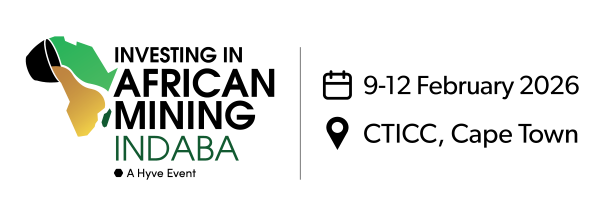


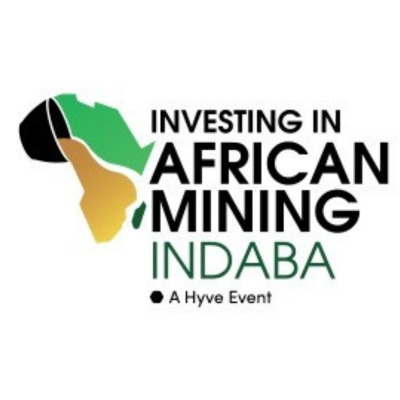



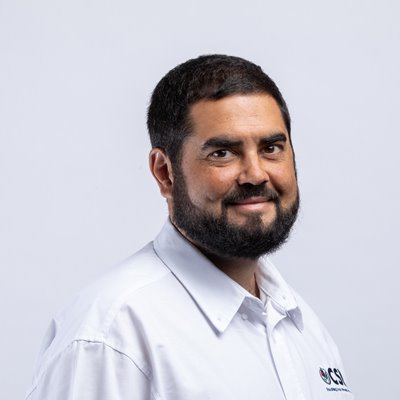
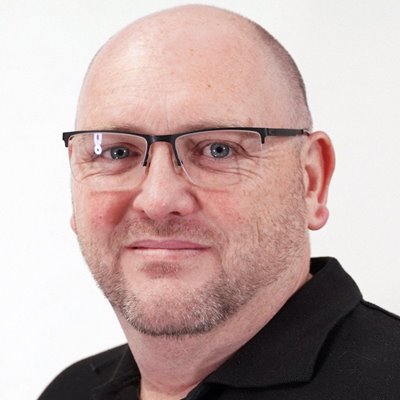.jpg?width=400&height=400&ext=.jpg)
.jpg?lang=en-GB&ext=.jpg)











-Logo-2021.png?width=150&height=40&ext=.png)

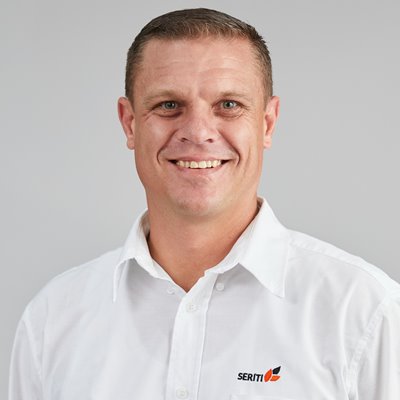


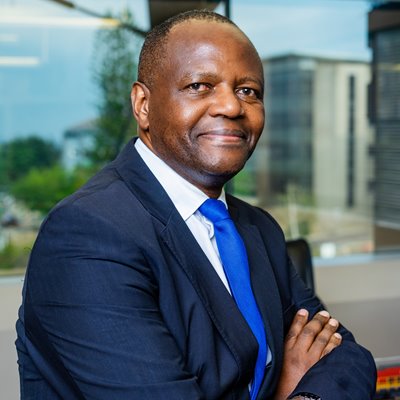
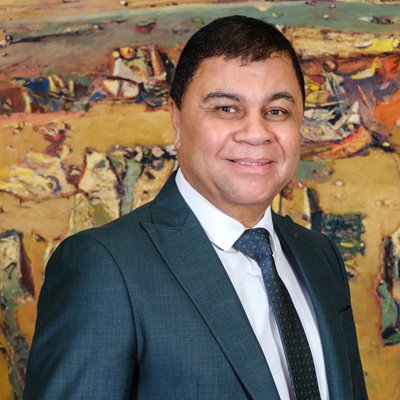.jpg?width=400&height=400&ext=.jpg)

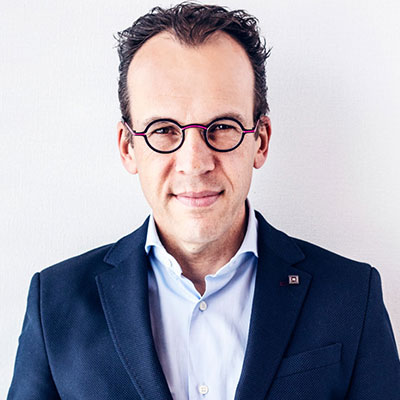



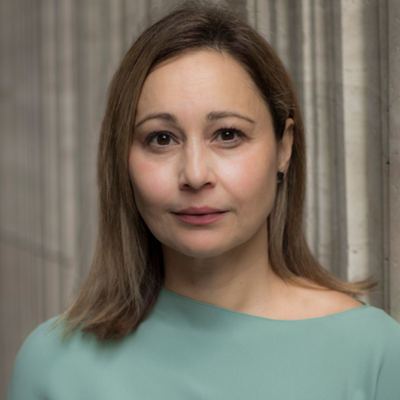
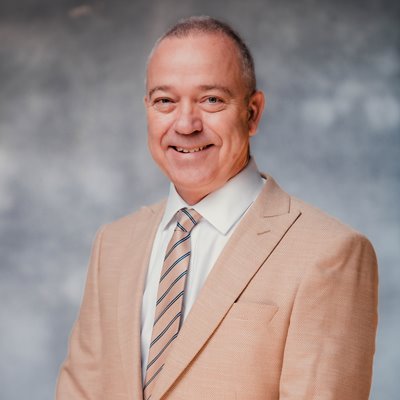








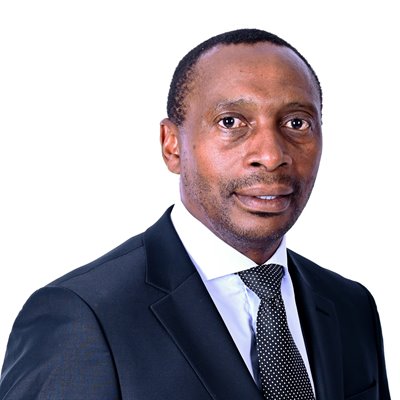.JPG?lang=en-GB&ext=.jpg)
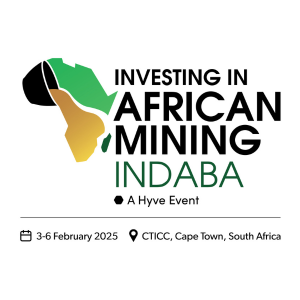




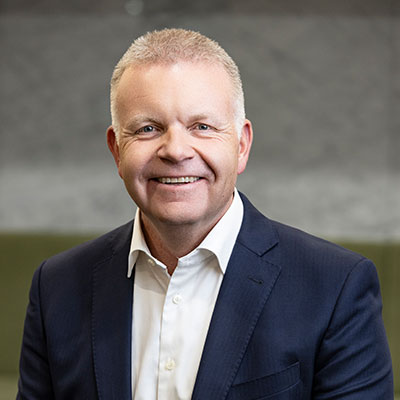


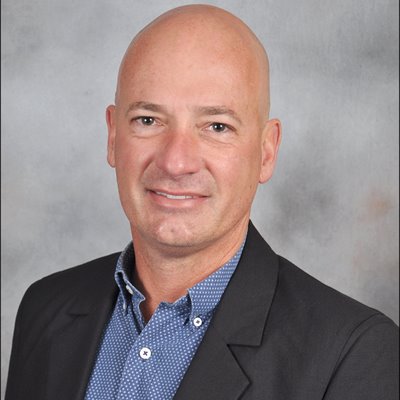.jpg?width=400&height=400&ext=.jpg)

















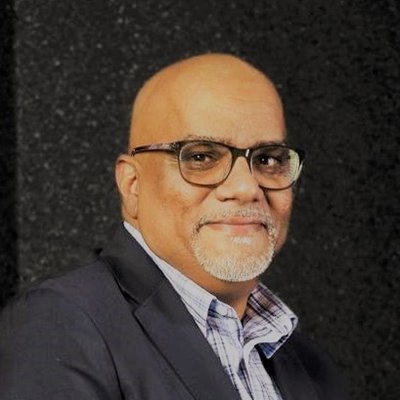


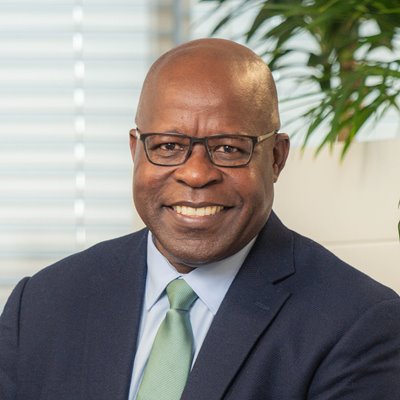

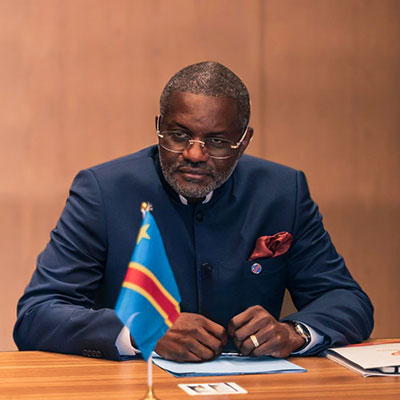








.jpg?lang=en-GB&ext=.jpg)
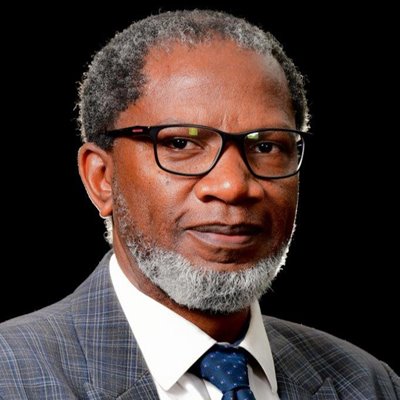


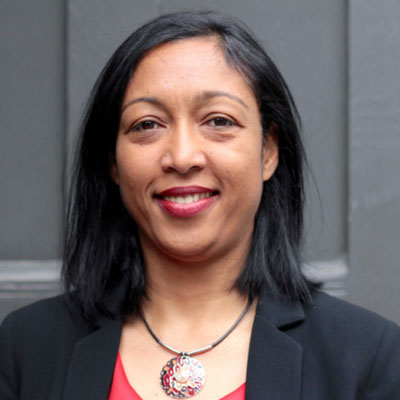

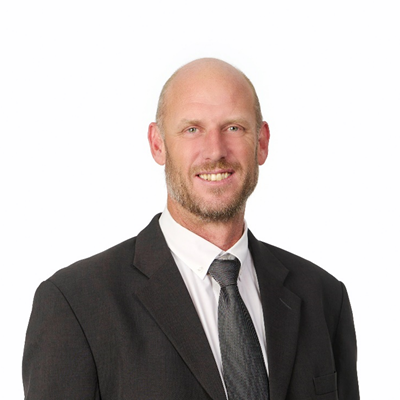

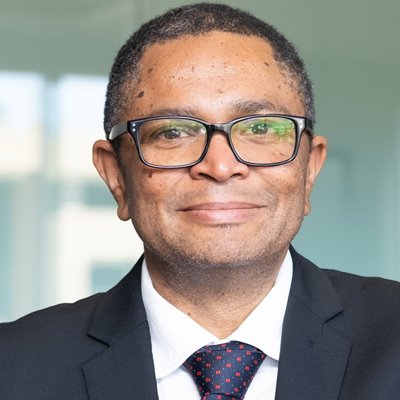
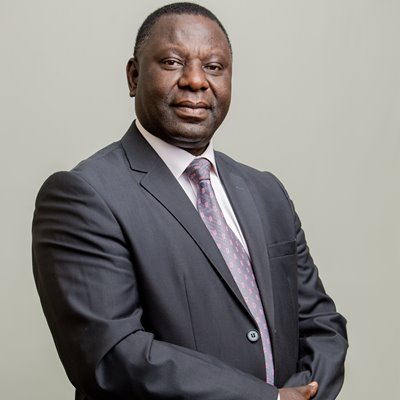






.jpg?ext=.jpg)


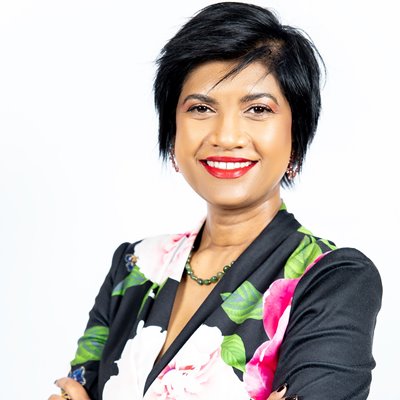








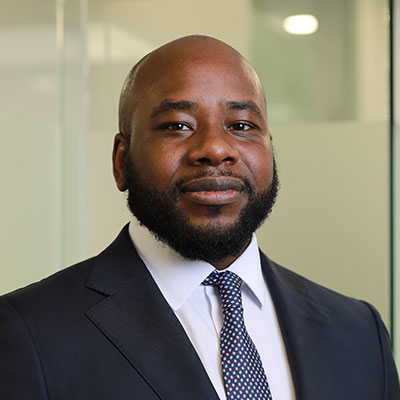

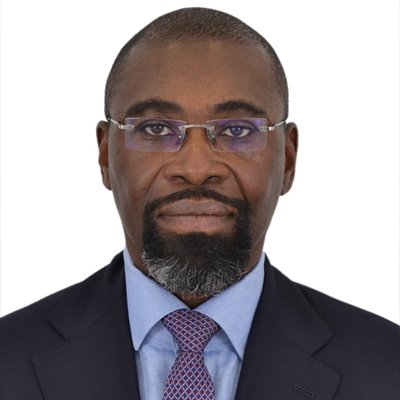-(1).jpg?width=400&height=400&ext=.jpg)

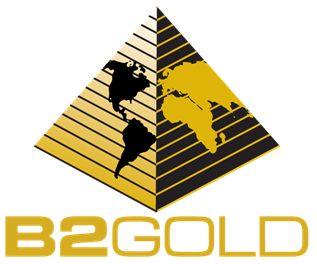
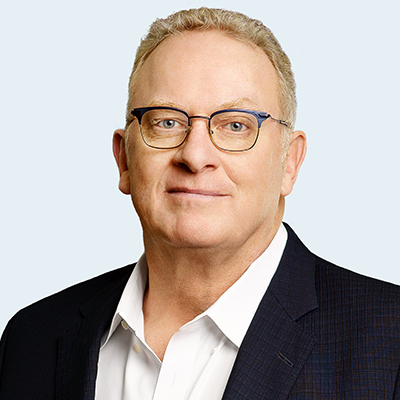




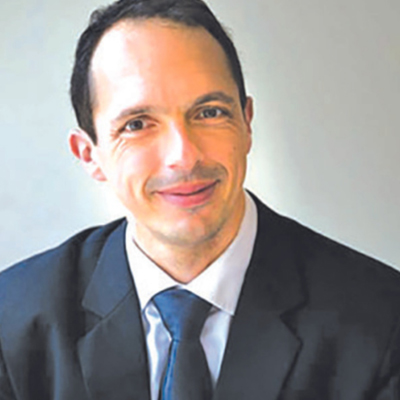
-Logo-2021_1.png?width=150&height=41&ext=.png)

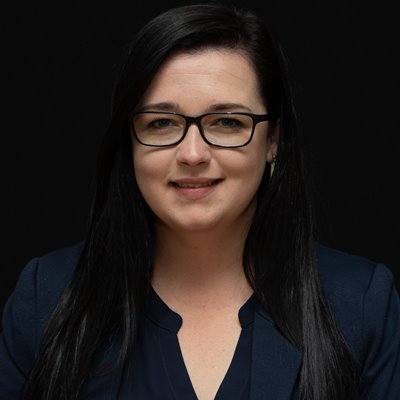


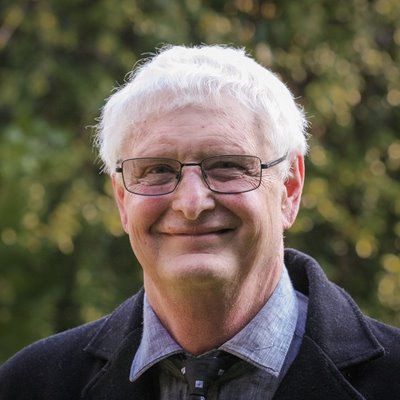
_MI25-WebLogo-(002).png?width=150&height=149&ext=.png)
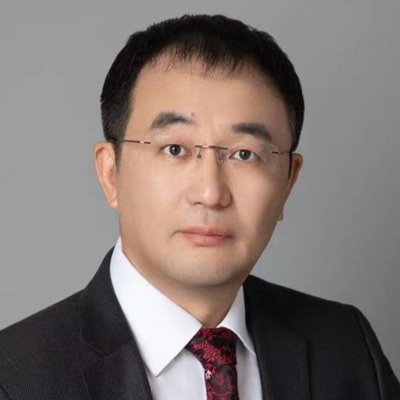







.jpeg?ext=.jpeg)





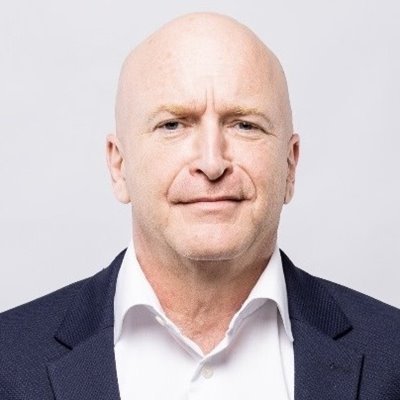





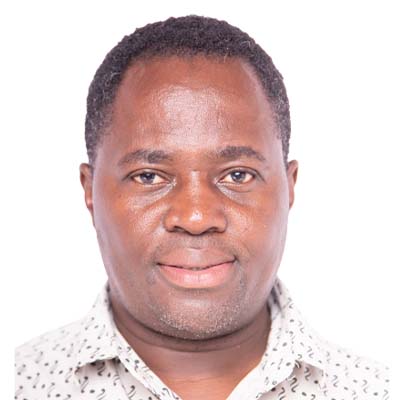
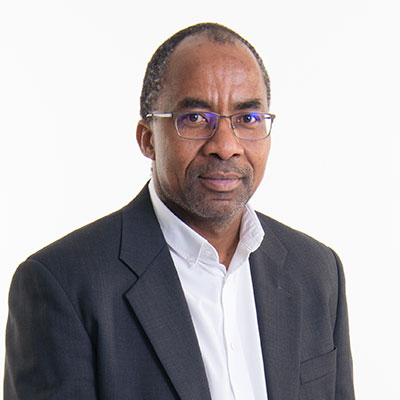
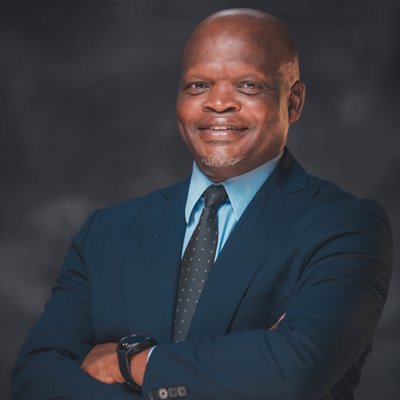



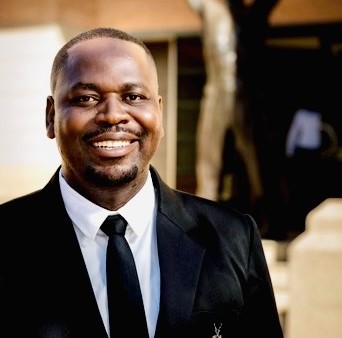.JPG?lang=en-GB&ext=.jpg)
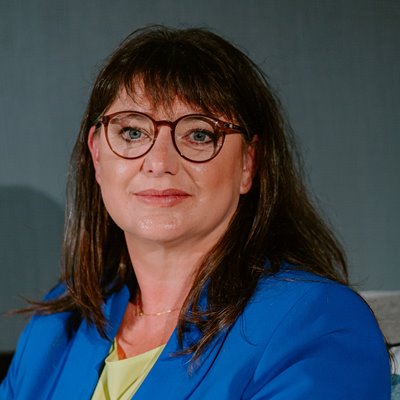.jpg?lang=en-GB&ext=.jpg)
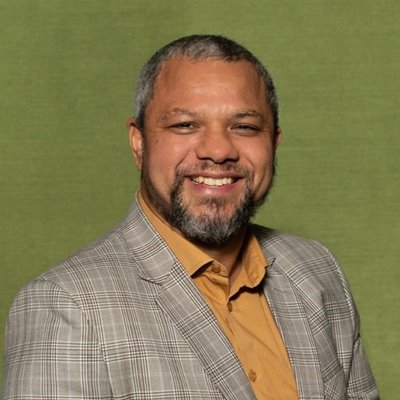
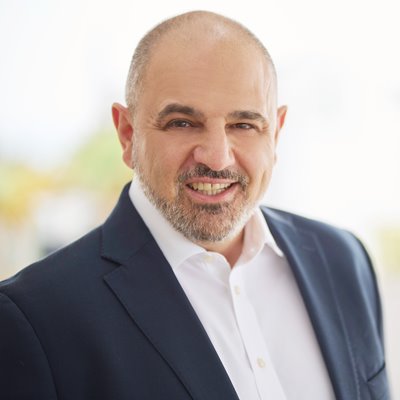


.jpg?width=400&height=400&ext=.jpg)




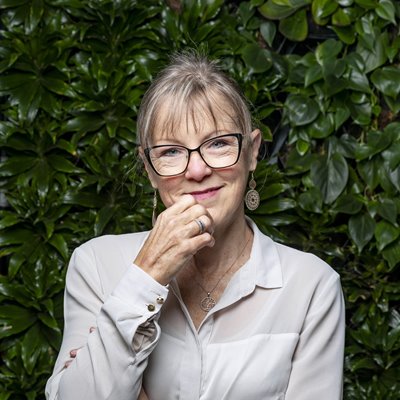.jpg?lang=en-GB&ext=.jpg)

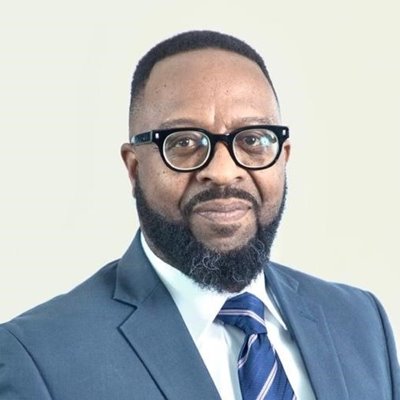.jpg?lang=en-GB&ext=.jpg)
.jpg?width=400&height=400&ext=.jpg)









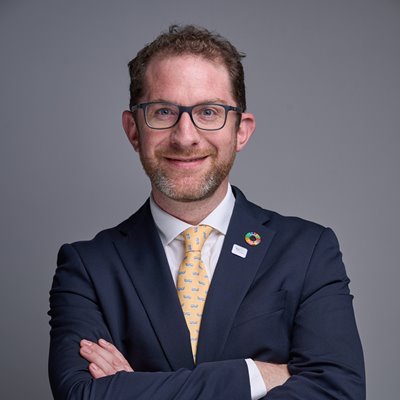



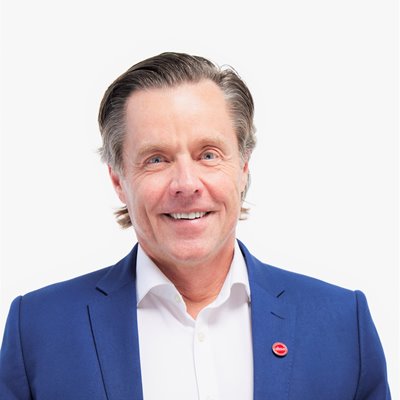









.jpg?width=400&height=400&ext=.jpg)
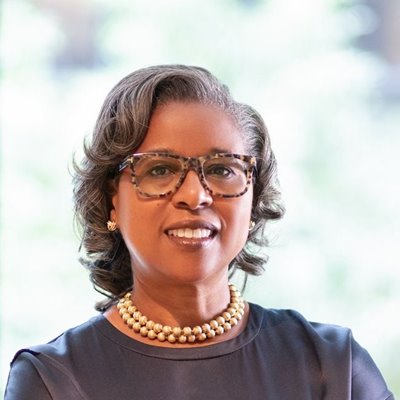.jpg?width=400&height=400&ext=.jpg)
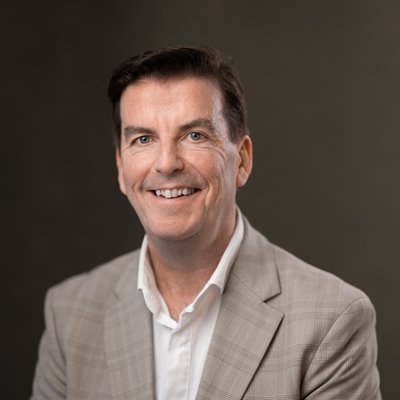











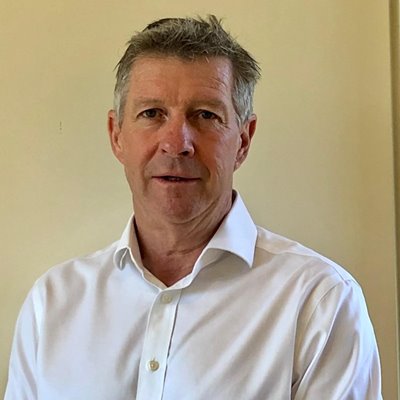.jpeg?width=400&height=400&ext=.jpeg)

.jpg?width=400&height=400&ext=.jpg)







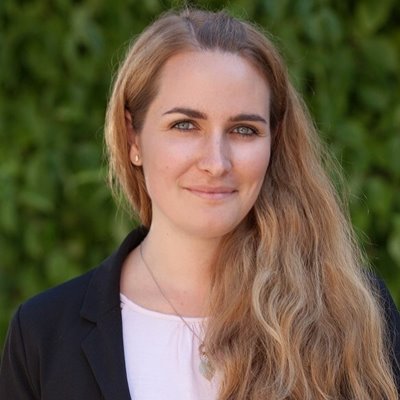




.JPG?lang=en-GB&ext=.jpg)

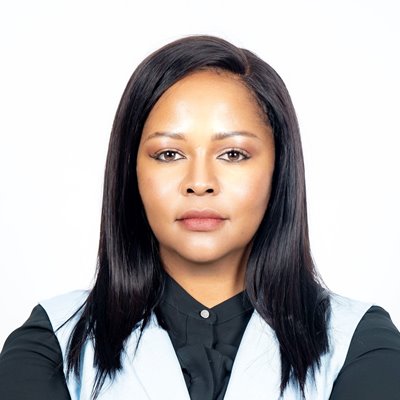

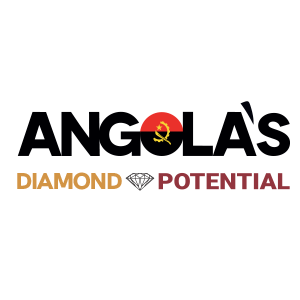
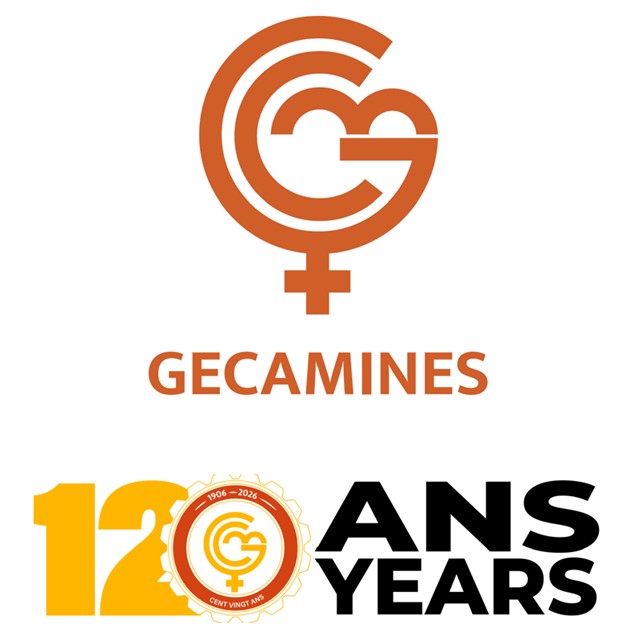
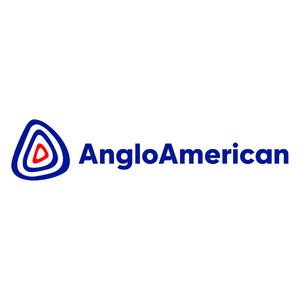
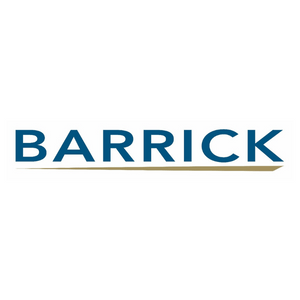
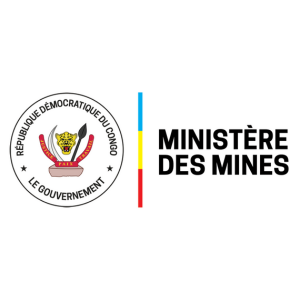
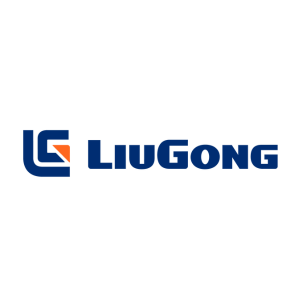
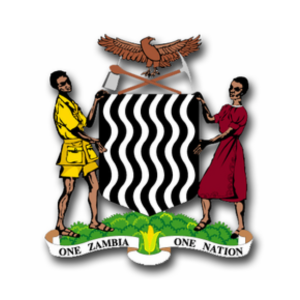

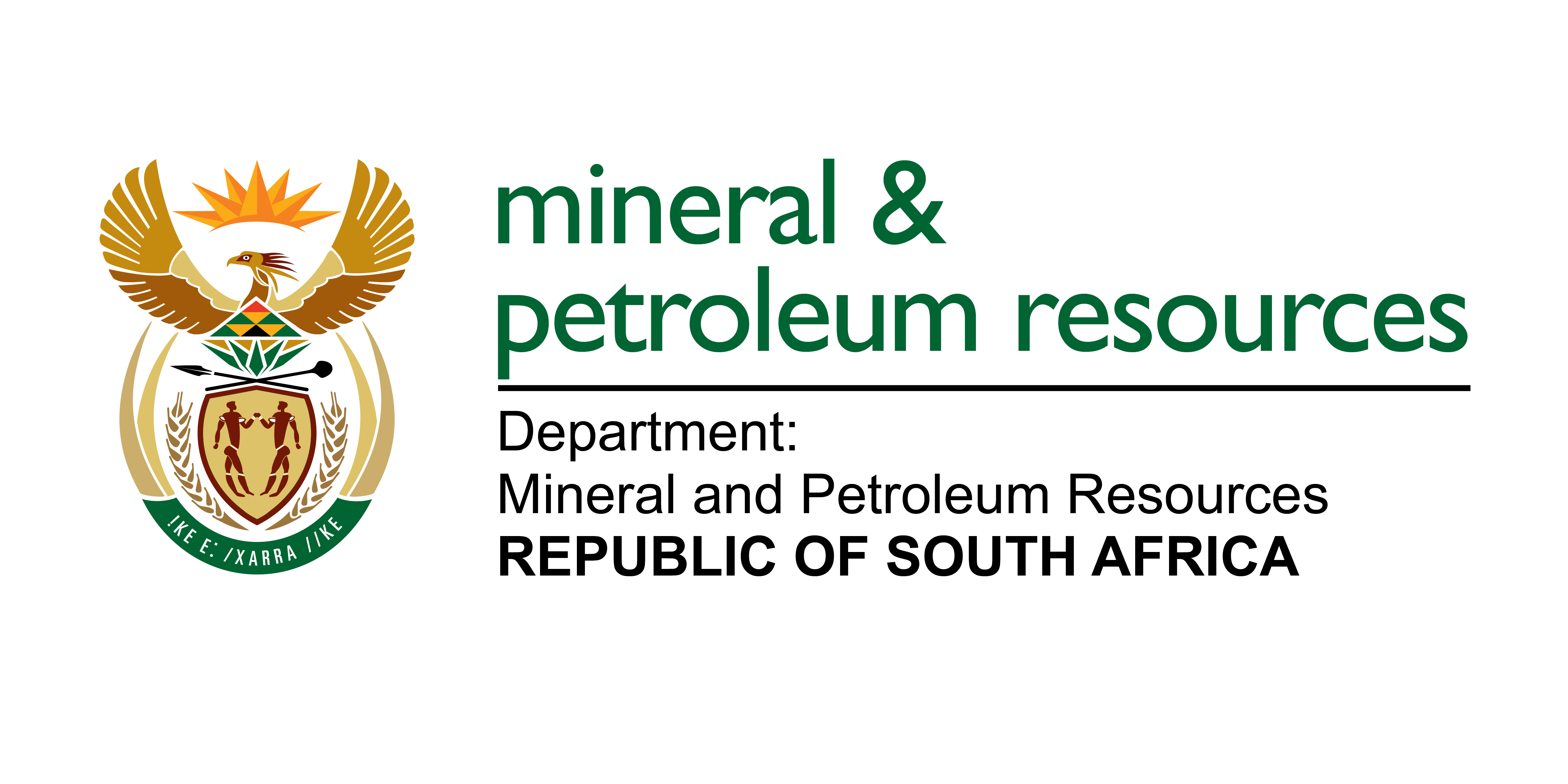-Logo_CMYK_1.jpg?width=1000&height=500&ext=.jpg)
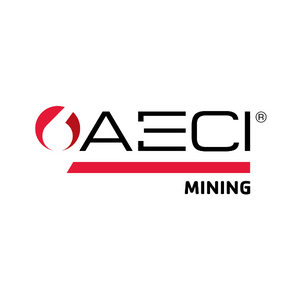
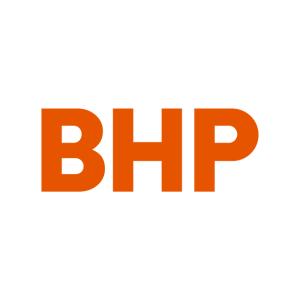
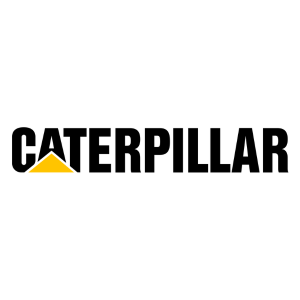
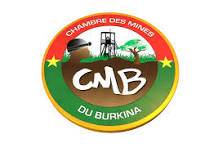
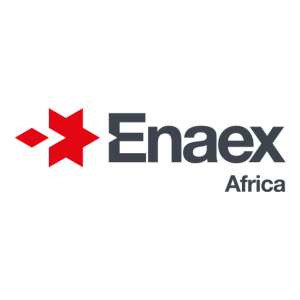
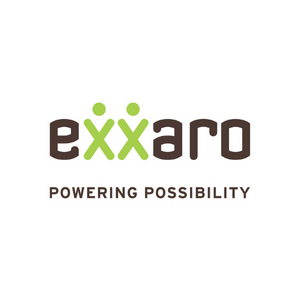
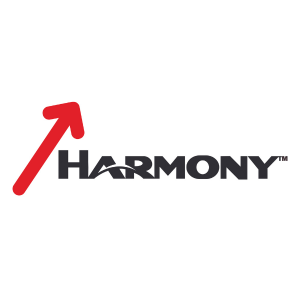
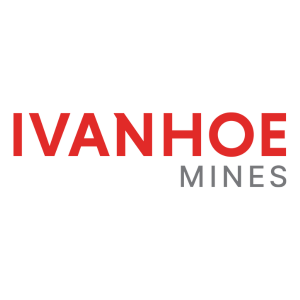
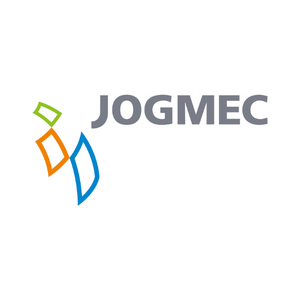
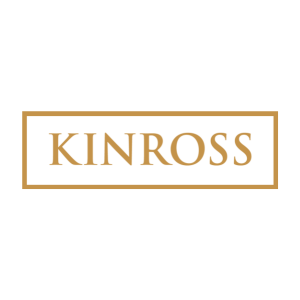
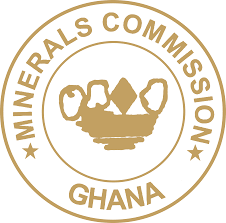
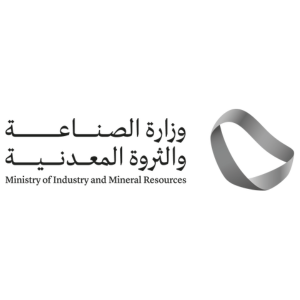
_mi25-weblogo.png?ext=.png)
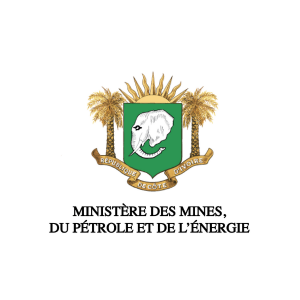
_1.png?ext=.png)
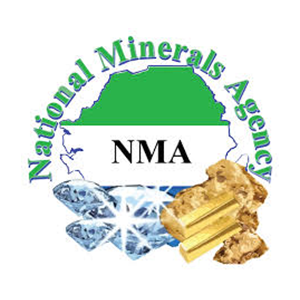
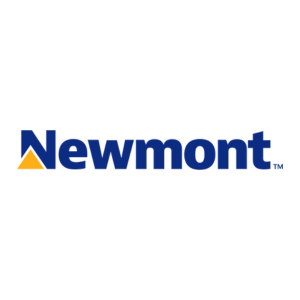
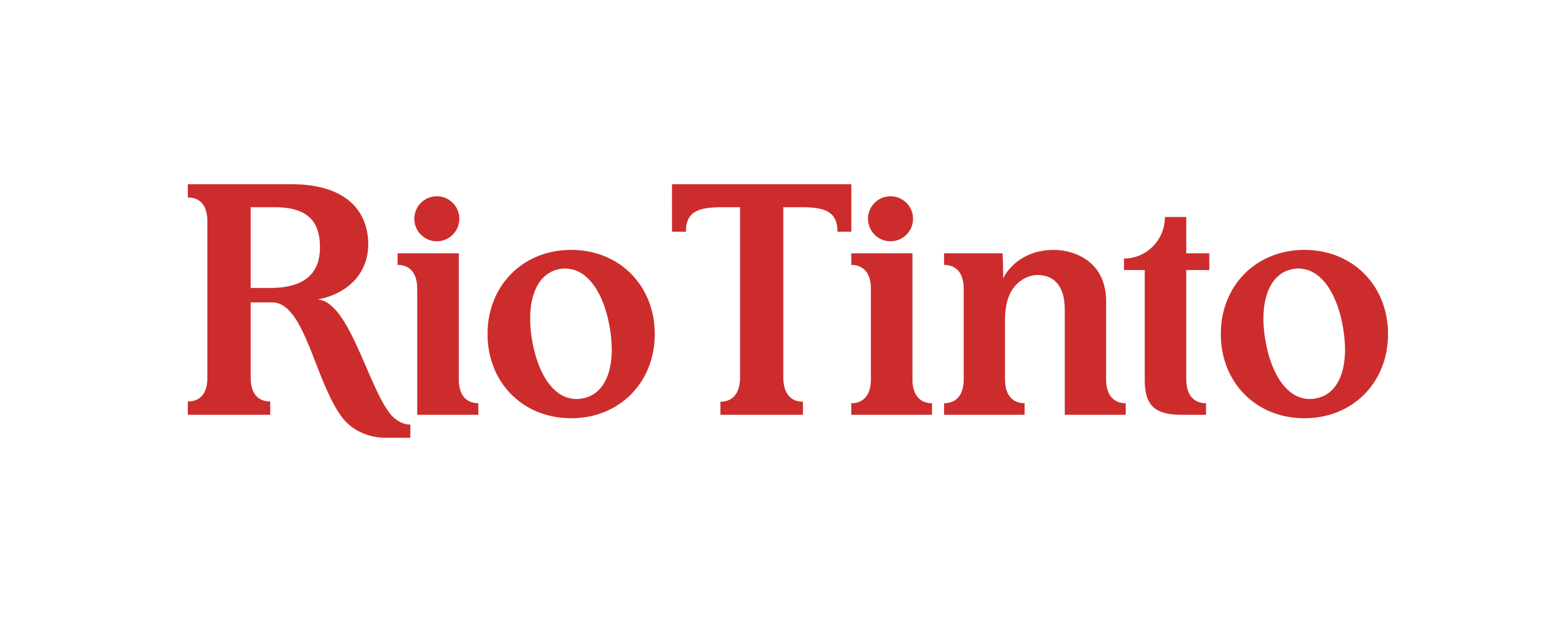
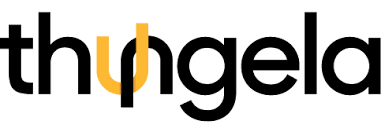
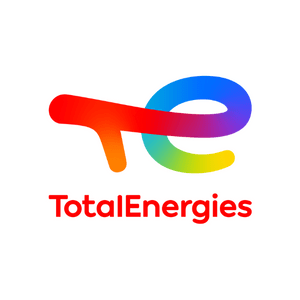
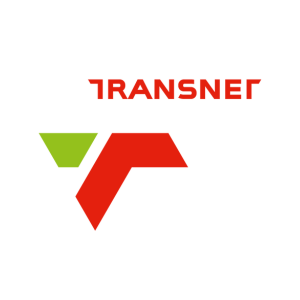
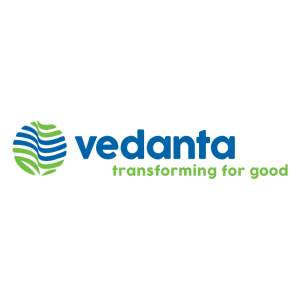

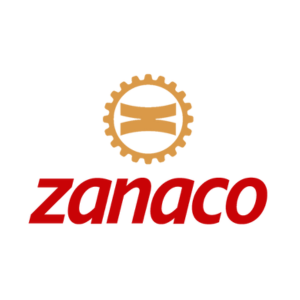
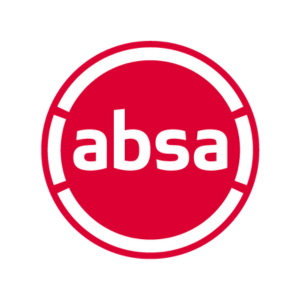
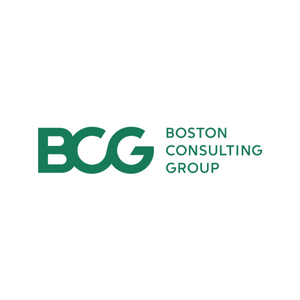

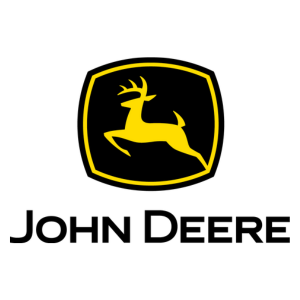
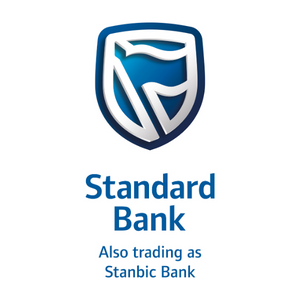

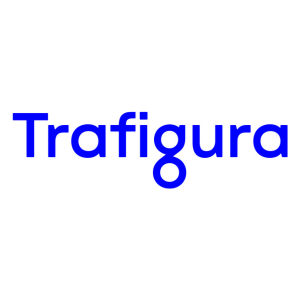
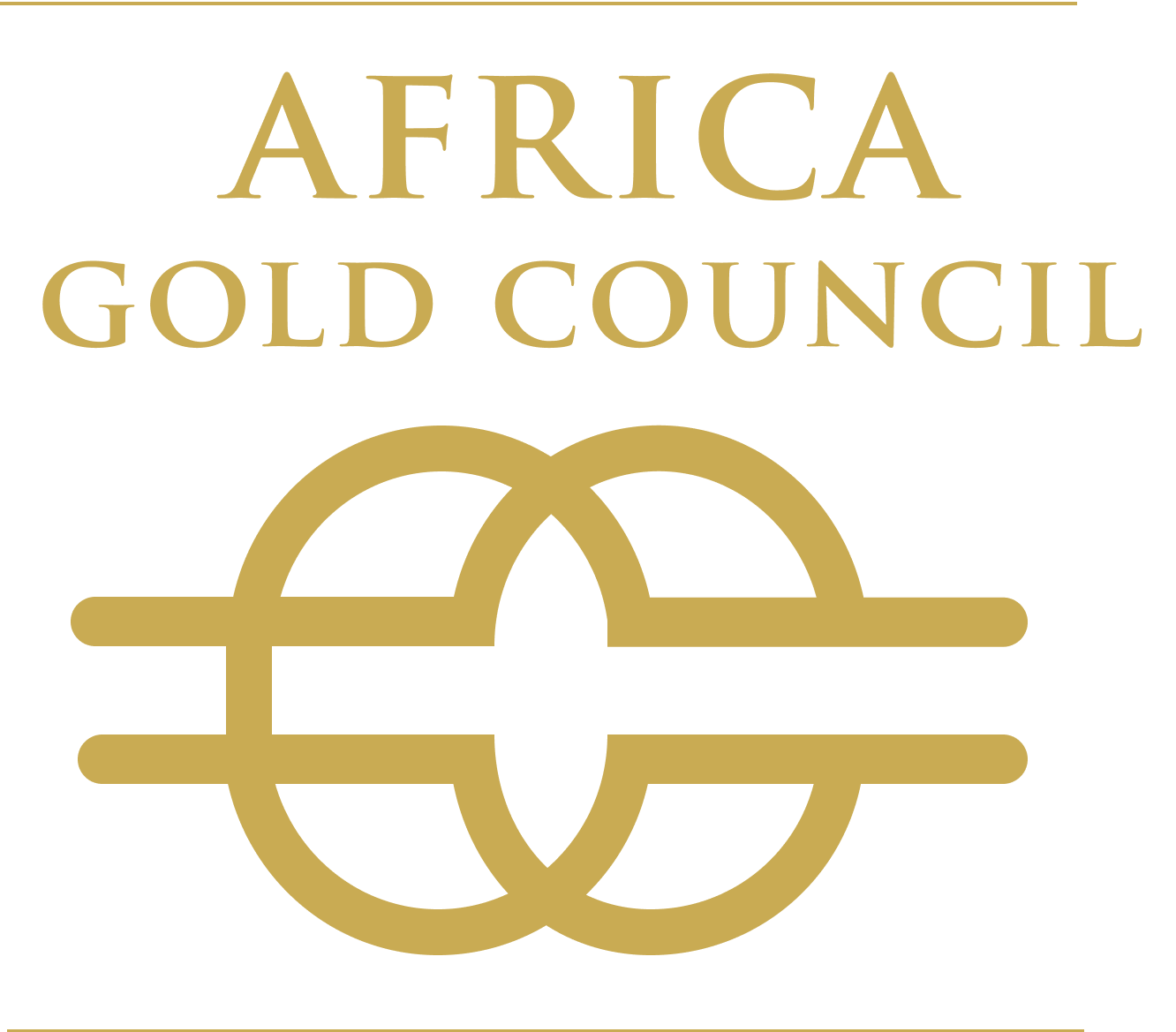
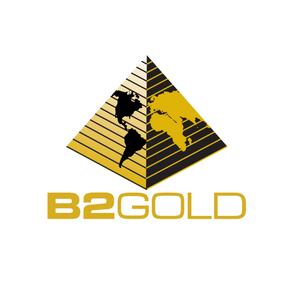
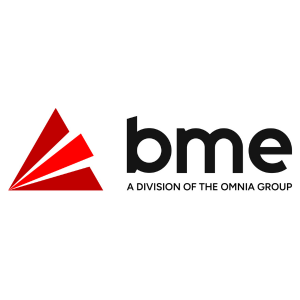


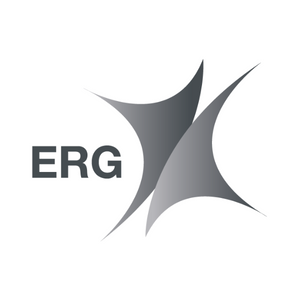


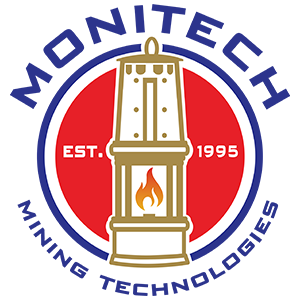

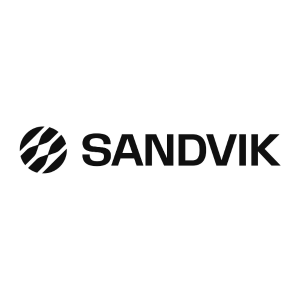
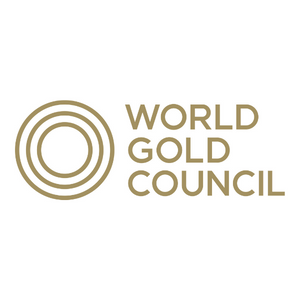

_mi25-weblogo.png?ext=.png)
